














































We were delighted to see so many of you at our annual AGM and Members Day on 16 April. The AGM was an important milestone in the history of the ISM. Members voted to change the actual legal name of the ISM from Incorporated to Independent Society of Musicians with an overwhelming 95.8% in favour. You can read more about the proceedings on page 8. Members’ day was a resounding success, with plenty of networking and feedback sessions as well as musical performances from Filkin’s Drift and Brixton Chamber Orchestra, and an interview with our new ISM President Nicky Spence.
In early May the ISM was awarded the Council for Subject Associations (CfSA) Kitemark for the exemplary work we are doing as a Subject Association for music education. The CfSA considered all of the work of the ISM from our professional development resources through to our policy work. We are delighted to have been acknowledged for the excellence of our work and to have received the Kitemark.
Wales is currently in the spotlight, with Welsh National Opera (WNO) standing on a precipice, having received cuts from the Arts Councils of both Wales and England that amount to 25% of its yearly budget. WNO is the largest touring opera company in Europe, enjoying a global reputation for excellence, and representing ‘Brand Wales’ on the world stage. If WNO ceases to be a full-time company operating year round it will be very hard to recover, as the organisation may be unable to retain its talent within Wales. We have been lobbying against these cuts and we hope that the two Arts Councils involved will see sense. Opera is not a ‘nice to have’ –it is essential to the arts. Read more on page 15.
Arts Council England recently announced the results of the retendering process for music education hubs, which seems to have been driven by the Department for Education (DfE). Many hub leads have expressed concerns about the incredibly bureaucratic process and even more seriously, the lack of any rationale for the massive restructure. As a result of these concerns the Education Select Committee in the House of Commons held a special evidence session about the restructure on 21 May at which the ISM gave evidence. Following the session the Chair, Robin Walker MP, wrote to the DfE asking some pithy follow-up questions. We await with interest the response from government.
It is now officially summer and many music festivals will be taking place across the devolved nations. So put the undoubted challenges of being a musician in 2024 behind you and take part in or attend live music making. It is good for the soul!
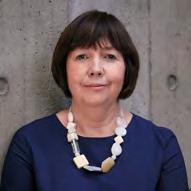
Music education hubs update
Devastating financial cuts by two renowned Welsh institutions
Music education in the Baltics: Where creativity comes first
festivals
RPS Awards
Donne’s Let Her Music Play smashes Guinness World Record 30. ISM Refer a Friend
Breaking the singing barrier
ISM Community
spotlight
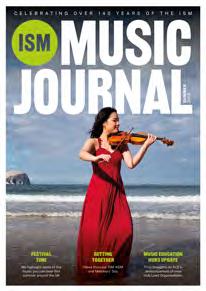
Cover: Coco Tomita, one of the performers at the Lammermuir Festival
Photo: Ian Georgeson
See Summer festivals on page 18.
Volume 91 / Number 1
Published by: Independent Society of Musicians 4–5 Inverness Mews, London W2 3JQ
T: 020 7221 3499
E: membership@ism.org W: ism.org
Independent Society of Musicians is a trading name of Incorporated Society of Musicians. A company limited by guarantee. Registered in England No.36882. Registered Office as address above.
Editor: Deborah Annetts
Sub-editors: Vinota Karunasaagarar, Clare Stevens
Proofreader: Christine Gwyther-Scott All ISM publications are copyright
Printed by: Optichrome, Woking GU21 5HX ISSN 0951 5135. Design: oakshed.co.uk
Advertising: Courtney Laudat, Senior Marketing Manager T. 020 7313 9331 E. Courtney.laudat@ism.org
Price: £7 per copy
Subscription: £35 per year
ISM me mbership: Over 11,000 Views expressed in MJ are not necessarily those of the ISM. The publication of any advertisement does not imply endorsement of the advertiser or the product advertised.
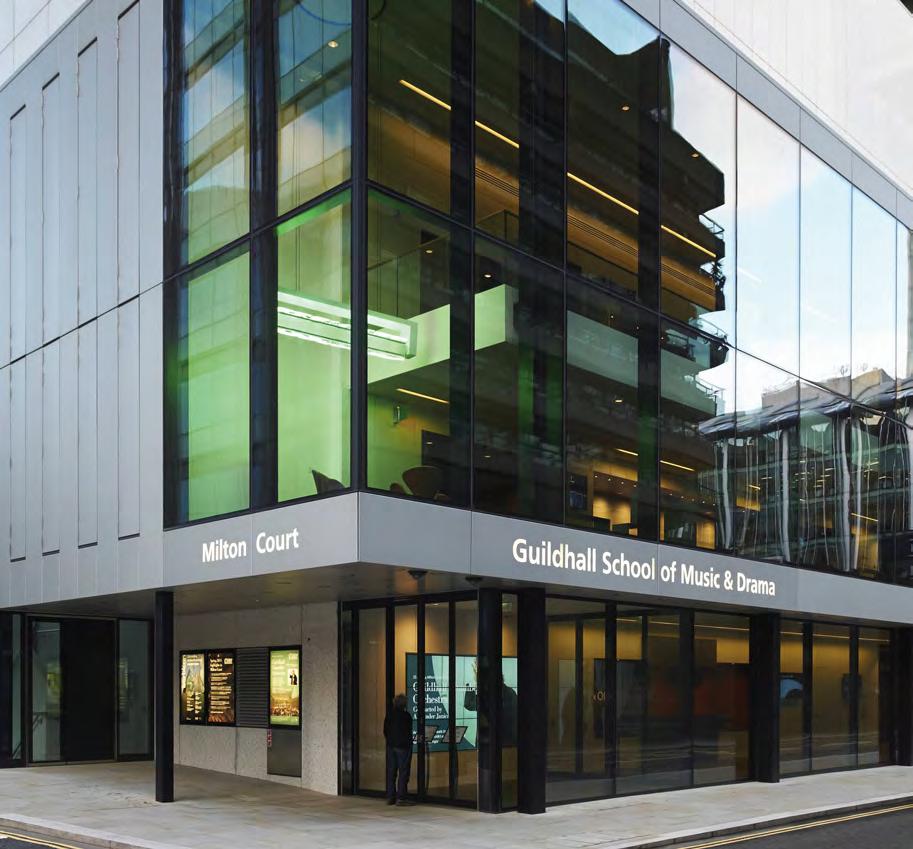
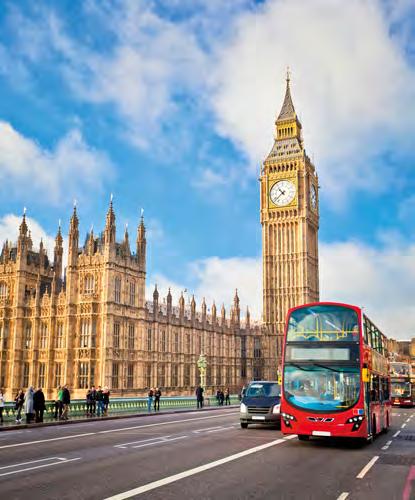
A set of policies to boost creative education in schools has been announced by the Labour party.
In a speech at a Labour Creatives event, attended by ISM Chief Executive Deborah Annetts, Sir Keir Starmer emphasised the importance of access to subjects such as music and said that ‘a Labour Government would put creativity at the heart of the curriculum’
The speech built on the pledge to reform the Progress 8 secondary accountability measure by adding a creative or vocational subject. Progress 8 (which is used to measure the progress pupils make between the end of primary school and their GCSEs) is currently heavily skewed towards the English Baccalaureate, which contains no arts subjects.
Keir Starmer said that these accountability measures had caused a ‘creativity crisis in schools’ and announced that ‘…from day one, Labour will reform the school accountability framework, to make sure arts count. We will update the Progress 8 performance measure… Use it to help all children study a creative arts subject, or sport, until they are 16’.

A new report from the Culture, Media and Sport (CMS) Committee has published the findings of its inquiry into creator remuneration and calls for improved copyright protection, fair compensation and a new Freelance Commissioner to support the rights of creators.
The report highlights the negative impact of streaming on royalty payments and the growing threat of Artificial Intelligence (AI), as well as the lingering consequences of the COVID-19 pandemic and the lack of protections for creators, who are overwhelmingly freelancers.
The ISM warmly welcomed the report, as remuneration is ‘an issue that the ISM has been campaigning on for years’
The government has rejected the recommendations of the Misogyny in Music report to increase protections for women working in the music industry.
In its official response to the report, despite stating that ‘everyone should be able to work in the music industry without being subject to misogyny and discrimination’, the Department of Culture, Media and Sport has refused to take any of the concrete actions it recommends.
Misogyny in Music, published by the Women and Equalities Committee in January 2024, was widely welcomed across the creative industries. Its findings confirmed the shocking level of sexual harassment and abuse in the music sector, calling it a ‘boys’ club’ characterised by ‘endemic’ misogyny. Its recommendations included amending the Equality Act 2010 to give freelance workers the same protections from discrimination as employees, improve protections for people facing intersectional inequality, and impose a duty on employers to protect workers from sexual harassment by third parties. It also called for government to extend the time limit for bringing Equality Act-based claims to an employment tribunal from three to six months.
Responding, the ISM Chief Executive Deborah Annetts said the decision ‘is painfully disappointing, if sadly not surprising.’
The ISM has joined almost 40 major music organisations in calling on government to extend the Orchestra Tax Relief to include voice as an eligible instrument, so that choirs can claim it.
Evidence shows that tax relief translates into more ambitious and larger scale programming, more professionals engaged and commissioned, greater community reach, increased venue hires and growth in the night-time economy.
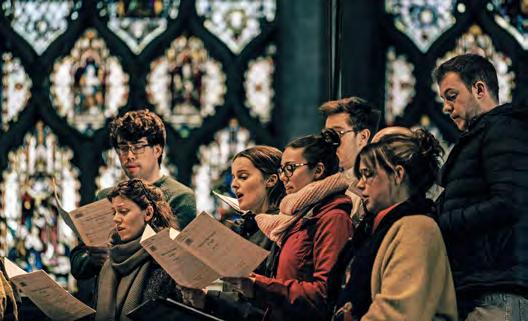
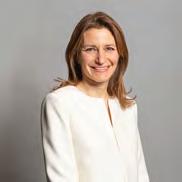
Lucy Frazer, Secretary of State for Culture, Media and Sport, has announced further details of the Public Body Review into Arts Council England (ACE).
In a statement Frazer said that government has agreed to commence a full-scale review into ACE. Dame Mary Archer has been appointed as the independent Lead Reviewer, who will work with a team of government officials and ‘an Advisory Board of people with a range of experience in the arts and culture’.
The review will look at ACE’s delivery model and whether it is correct to deliver effective outcomes for the public, grant monitoring procedures and overall efficiency; and will include issues such as respecting the importance of the arm’s-length principle, the Arts Council’s responsibility as custodians of public money, and more.
The ISM will contribute to the review when the opportunity arises.
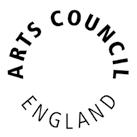
Members’ Day began with our Annual General Meeting (AGM), when the official business of the ISM was conducted. We are delighted to announce our new presidential trio for the year ahead. Nicky Spence OBE, took on the role of ISM President, succeeding Pauline Black, who did an excellent job of compèring the day in her last duty as President. President Nicky Spence said, real privilege to become President of the UK’s professional body for musicians, the ISM, and I can’t wait to work with our fantastic members in the year ahead.’ The new ISM President Elect, who will become President in 2025, is the acclaimed cellist Gabriella Swallow. The trio will lead the ISM for the next 12 months.
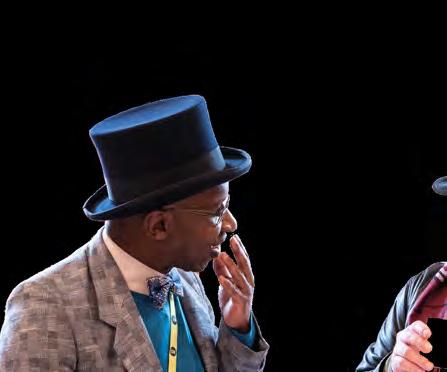
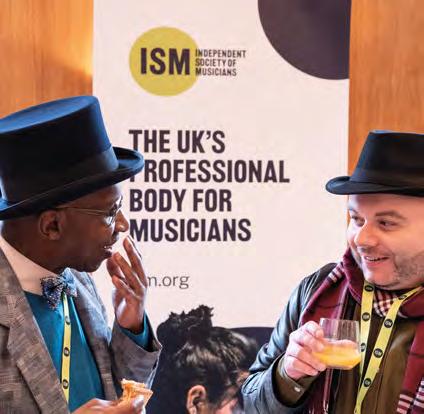
Members participated in focus groups, where we gained valuable insights on ISM communications and our website. We discussed our services such as Discount+ and the Refer a Friend scheme, and members’ comments and opinions will feed into our future plans. Feedback from our members is extremely important to us, and helps to ensure that we are serving your needs.
Lunch followed the focus groups where members got to know each other and made connections. We know how important face-to-face interactions are and enjoyed getting to know our members better in person.
Our first musical performance was from contemporary folk duo, Filkin’s Drift. They are dedicated to exploring innovative avenues in music creating. Last year they walked their tour of 870 miles in the name of sustainability, and we thoroughly enjoyed hearing musical pieces and tales from their tour that took us to a place of nature and beauty.
The next musical performance was from Brixton Chamber Orchestra (BCO), a charity and ensemble showcasing the vibrant local talent and cultural diversity that define Brixton. BCO’s string quartet took us on a musical journey, featuring a modern selection of music, including specially arranged pieces with a vocalist for our event.
The ISM really is a society of independent musicians with a broad base, lots of practical advice and support, and a passion for promoting all that’s great about music and musicians — I’ll definitely be staying around!
ISM Member
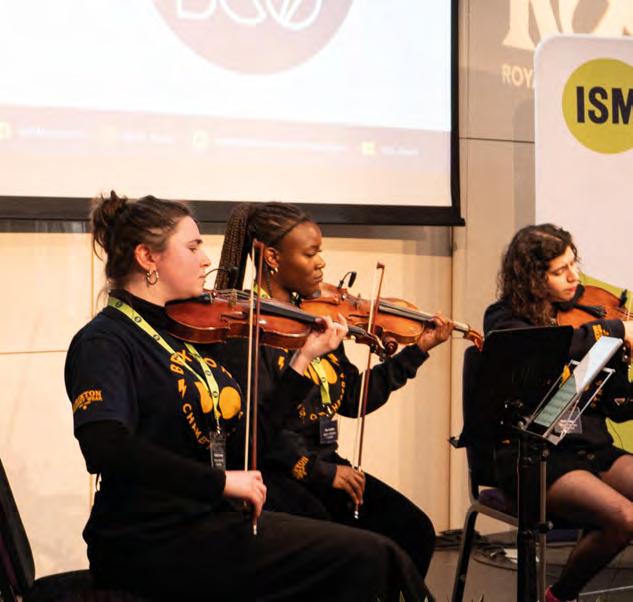
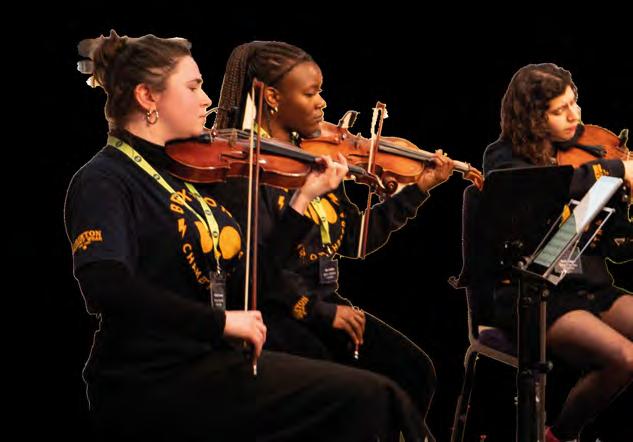
The ISM community came together in Central London on 16 April for ISM Members’ Day 2024. Here we provide a few snapshots from the event
Following our popular online workshop at the end of 2023, industry experts and corporate members Apollo Coaching led an in-person workshop at Members’ Day, providing essential insights and practical strategies for success. This empowering session equipped members with the knowledge and tools to enjoy a thriving music career.
An exciting feature of the day was our ‘in conversation’ with new President Nicky Spence, interviewed by leading arts broadcaster, Katie Derham. Nicky’s unique skills as a singing actor and the honesty in his musicianship have earned him a place at the top of the music profession. We heard amusing anecdotes and learnt more about his training and experiences. Nicky and Katie discussed music education and their thoughts and concerns on the current state of the music sector. This was a fantastic way to end a brilliant day. It was just lovely HOW everyone was, and how well looked after we were in every possible way. So thanks to the ISM for doing a phenomenal job. Much appreciated. It was worth the journey into London. ISM Memberx
‘Members’
day was pleasant, welcoming, insightful, resourceful, educational… I’m excited to remain a member and I’m looking forward to the new President and future of the ISM.’ ISM Member
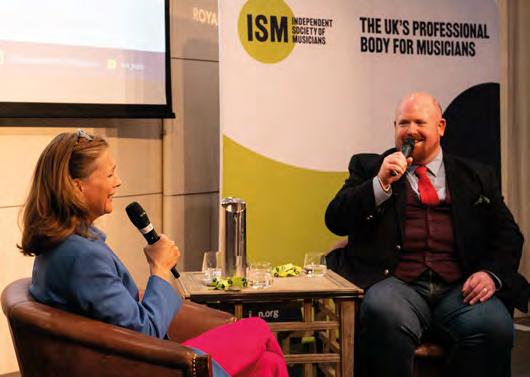
Thank you to all who joined us for ISM members’ day 2024 – it was wonderful to see so many musicians gather together. Our events are a great opportunity to share your opinions, meet fellow members and get more involved with the ISM community.
Watch back the sessions at: ism.org/event/ ism-members-day-2024

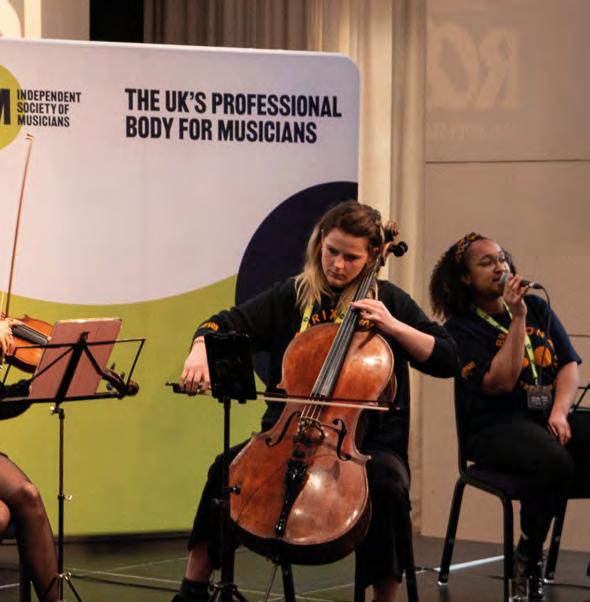
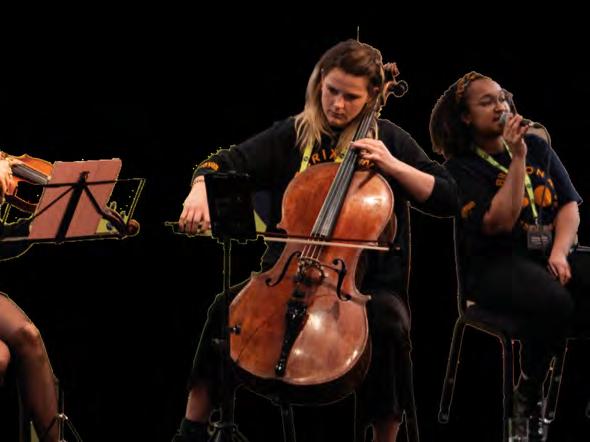
Held in the Princess Alexandra Hall, Royal Over-Seas League, 6 Park Place, St James’s, London SW1A 1LR at 10.00am
Pauline Black (President) opened the AGM and welcomed members to the event. Before the start of the formal business, the President reminded members that the AGM covered the period from 1 September 2022 to 31 August 2023. The President then introduced the AGM panel:
– Nicky Spence (President Elect)
– Ivor Flint (Treasurer)
– Deborah Annetts (Chief Executive)
– Sabrina Taylor (Director of Finance & Facilities)
Apologies for absence for the meeting were noted and all members present had a hard copy of the apologies for information. The President asked for a minute of silence to remember members who had died during the past year. The names of those ISM members who had passed away were distributed to attendees.
1. Minutes of the AGM held on 21 April 2023
The President asked if there were any amendments to the minutes of the AGM held on 21 April 2023. There were none. The resolution to approve the minutes was proposed by Jeremy Huw Williams and seconded by Rhiannon Mathias. The resolution was approved.
2. To receive the Annual Report of the Council of the Society for 2022-23
The Chief Executive gave a summary of the annual report for the financial year from 1 September 2022 to 31 August 2023 which had already been circulated to all members.
The Chief Executive covered the rebrand, which was highly complex and included the name change of the ISM from ‘Incorporated’ to ‘Independent’ and took effect on our 140th anniversary on 7 October 2022. The initials had remained the same – something which was important to both Council and to members of the ISM and had also helped with embedding the new name. The use of the new trading name along with the new brand, and the new look MJ were working well and good progress had also been made on the new website.
The Chief Executive outlined the major areas of activity of the past year. She covered campaigning in support of
music education, and better access to music education across all the four nations, as well as campaigning against cuts which had taken many forms. The campaign to save the BBC Singers had involved many different parts of the music sector including our campaigns function and a viral grassroots campaign led by an ISM member. It appeared that the BBC Singers now had a bright future.
Lobbying on Brexit was ongoing but although the issues were very clear, government had taken no action and carnet, cabotage and visas continued to provide problems for musicians who wanted to work in Europe. The Chief Executive urged members to read the important report Paying the Price which the ISM had researched and published.
The Chief Execuitve reported that the legal team had dealt with over 1,000 new cases and recovered over £250k for members. Members were encouraged to contact the very knowledgeable legal team if they needed advice. Other services had been reviewed over the year and Discount+ had been launched.
Council members who retired during the year were thanked and the Chief Executive reminded attendees that all those who sit on Council are ISM members, which keeps the organisation true to its roots.
The Chief Executive closed her report by thanking members for giving their time as members of the ISM Council, as well as those who take part in Local Groups. She also expressed her thanks to the fantastic ISM staff team and those many volunteers who have supported the ISM activities during the year. The meeting expressed thanks to the Chief Executive for her continued outstanding work representing the ISM and advocating for musicians. The resolution to receive the annual report was proposed by Miranda Harmer and seconded by Andrew Keeping. The resolution was approved.
3. To receive and approve the Accounts of the ISM for the year ending 31 August 2023 and to receive the Auditor’s Report
The Treasurer spoke to the financial performance of the ISM for the financial year ending on 31 August 2023 and
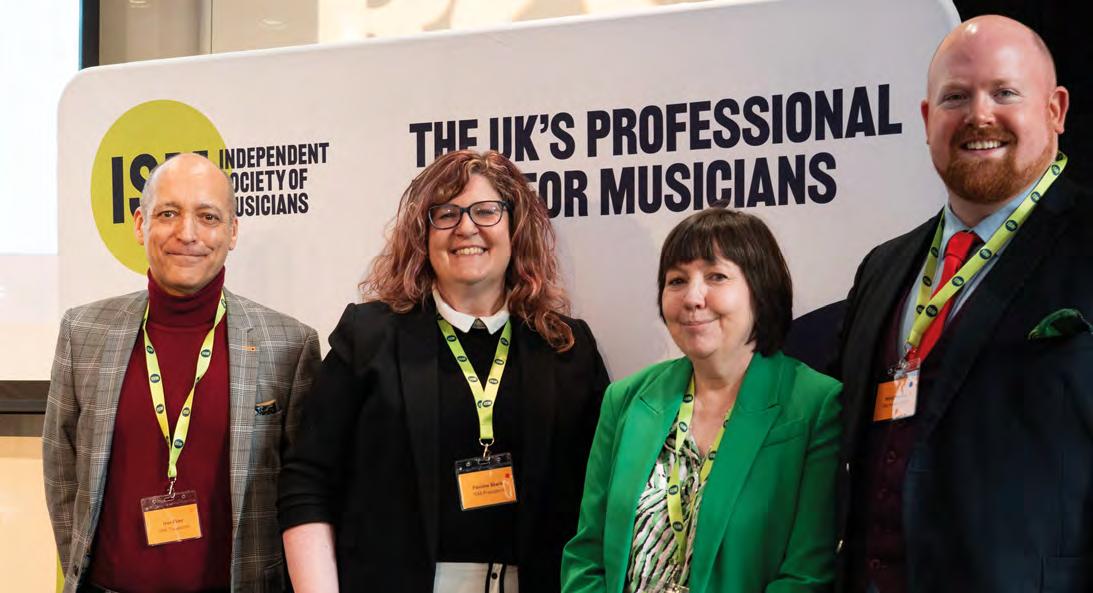
reported that despite numerous external factors the ISM’s financial resilience remained intact. The Treasurer thanked members, Council and staff for their unwavering dedication and support throughout the year. Thanks were also extended to Lindeyer Francis Ferguson and Investec.
Income for the financial year overall grew by 2.5% finishing at £1.85m. Membership income had grown by 3% and other income streams had grown by 7%. Total expenditure before taxation grew by 5% compared to the previous year and was £1.84m. Expenditure on goods and services, staff, marketing, external affairs, governance and charitable donations had increased but prudent savings measures were implemented to offset these increases. The closing position was a £14k deficit, but it was noted that this result was primarily influenced by the volatility experienced in the stock market which impacted on investment income. It was reported that reserves stood robustly at a substantial £4.5m
The Treasurer finished his report by thanking the Director of Finance & Membership for her work successfully managing the ISM finances. The resolution to receive and approve the accounts was proposed by Jeremy Huw Williams and seconded by Marius Carboni. The resolution was approved.
4. To agree that with effect from the conclusion of the meeting the articles of association be amended so that the registered name of the Incorporated Society of Musicians be changed to the Independent Society of Musicians
The Chief Executive spoke to the resolution to change the legal name from Incorporated Society of Musicians
to Independent Society of Musicians. During the AGM in 2020 a member had proposed changing the name and this led to further discussions by Council and then by focus groups at Members’ Day in April 2022. All these discussions led to the ISM changing its trading name to Independent Society of Musicians to coincide with our 140th anniversary on 7 October 2022.
It was explained that the members of the ISM held the power to change the legal name due to their statutory rights under the Companies Act. Although the trading name had changed and the new name had been embedded, the legal name still needed to be changed. This was the final part of the change and it was important to vote in favour of the proposal which required 75% to vote in favour of the change.
The President called for a poll vote to consider the special resolution as this would allow the 68 members who had attended as well as the 75 proxies received to each have their vote counted. The 68 members present handed a voting card to members of the ISM staff who acted as scrutineers. Following counting the votes the President announced that 71 proxy votes had been cast in favour of the resolution with four against. Of those present in the room 66 had voted in favour of the resolution, one voted against and one abstained. The President declared that the special resolution was approved with a total 95.8% of members voting in favour of the special resolution.
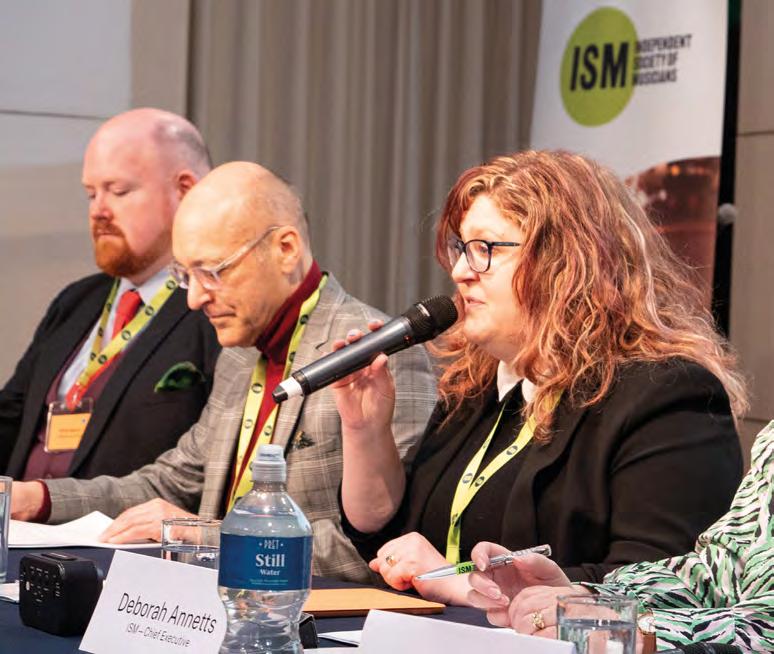
5. To agree that with effect from the conclusion of the meeting the articles of association be amended by deleting article 18.8 and replacing it with the following new article 18.8:
All general meetings, other than the AGM, shall be called Extraordinary General Meetings and shall be held in Inner London or at the place and during the course of an annual conference of the Society. Council may make arrangements to enable persons entitled to attend and participate in a general meeting to do so partly (but not wholly) by simultaneous attendance and participation by means of electronic facility or facilities, and may determine the means, or all different means, of attendance and participation used in relation to the general meeting. The members present in person or by proxy by means of an electronic facility or facilities (as so determined by Council) shall be counted in the quorum for, and be entitled to participate in, the general meeting in question.
The Chief Executive spoke to the resolution to allow for general meetings, including the AGM, to be held as hybrid meetings via electronic means as well as taking place in person. It was explained that hybrid meetings had been allowed during the COVID-19 pandemic but since then were only allowed if the articles of association permitted them. The Chief Executive stated that face-toface meetings were not going to stop but that this small change to one part of the articles of association would allow for greater participation in the AGM and any other general meetings.
The President called for a poll vote to consider the special resolution as this would allow the 68 members who had attended as well as the 75 proxies received to each have their vote counted. The 68 members present each handed a voting card to members of the ISM staff who acted
as scrutineers. Following counting the votes the President announced that 75 proxy votes had been cast in favour of the resolution with none against. Of those present in the room 65 had voted in favour of the resolution, none voted against and three abstained. The President declared that the special resolution was approved with a total 97.9% of members voting in favour of the special resolution.
. To receive the report on the ISM Members Fund for 2022-23
The Chief Executive spoke to the report of the Members Fund for the period ending 31 August 2023 which was for information only. The Members Fund was created in 1919 in the aftermath of the First World War and operated an orphanage for the children of musicians. Following a review in 2015 the Members Fund had moved to a preventative model offering services to ISM members. As a result of this change the charity was now delivering many more services to ISM members and its impact had increased considerably. Over the year in question the counselling service saw a 12% increase in usage and a financial advice service had been added. Referrals to the physiotherapy service had increased 17%. The Members Fund joined the Musicians’ Hearing Health Scheme and 188 members accessed the service. In addition, webinars across a range of issues took place.
Legacies from Iris Mary Williams, Mildred Bettley and Percy John Wright were recognised. Thanks were expressed to Ruth McPherson, Head of Charity Development for her continued hard work in managing the Members Fund.
The Chief Executive then provided a short report on the ISM Trust activities for the period ending 31 August 2023 for information only. The ISM Trust deliver the ISM’s commitment to corporate social responsibility. Its range of work focuses on education across a range of areas. The Primary Singing Toolkit launched in March 2023 had been shortlisted for an award at the Music and Drama Education Awards 2024. The Teachers’ Pack had been rewritten. Ten free webinars were held across the year with 462 attendees and 2300 views overall, demonstrating outstanding reach. The webinars covered the whole sector and were all curated in-house. Face-to-face seminars continued to be offered and work had begun on revising all pedagogical resources.
7. To reappoint Lindeyer Francis Ferguson Limited as Auditors for the ISM and to authorise the Council to fix their income
The resolution to reappoint Lindeyer Francis Ferguson Limited as auditors and to authorise the Council to fix their income was proposed by Margaret Lion and seconded by Maxine Gardner. The resolution was approved.
8. To note the retirement of members of the Council
ISM members were asked to note, the following Council members who retired on 16 April 2024: Professor Chris Collins, Dr Kirsty Devaney, Mahaliah Edwards, and Dorine Sorber. The Chief Executive thanked all the Council members for their contributions during their terms on the ISM Council and the President expressed her thanks as well.
9. To note the election of the Elected Members of Council and the appointment of Appointed Members of Council
ISM members were asked to note the following appointment and elections to Council as of 16 April 2024. Two members filled Elected vacancies. James Hall for the West Midlands area and Kate Halsall for the North West area. Council had co-opted Vick Bain to fill the vacant Elected position in the West area. With regards to the Appointed vacancies, Clifton Harrison, Alexander Horowitz and Alistair Kennedy were appointed to Council. Gabriella Swallow was appointed by Council as President Elect.
10. To confirm the time and place of the next AGM
The next AGM will be held in April 2025 and more details will be released to the membership in due course.
The President opened the discussion and invited members present to ask any questions or raise any matters for discussion.
Thanks were offered to the President, Council and ISM staff for a well organised and informative AGM which was viewed as one of the best in the sector.
A member asked whether the composer and selfpublishing packs would be reviewed. The Chief Executive indicated that the Director of Legal Services would be looking at them over the course of the next year.
Concerns about the cuts to higher education were discussed. The Head of External Affairs set out the substantial concerns that the ISM had and that letters were being sent to the Secretary of State for Education. Higher education cuts would be one of the campaigning priorities over the next couple of months.
Members recognised the excellent stewardship of the whole organisation and that the name had been updated without changing the overall brand and feel of the ISM.
Extending reach to those who don’t know about ISM was raised by a member. The Chief Executive indicated that ISM services are of a high standard but that more was needed to communicate them to a wider audience. New forms of social media such as TikTok were being explored. The new route into membership had been launched where there was no longer a requirement to demonstrate qualifications. This needed to be widely communicated, and members could also play a part in disseminating positive information about the ISM as well as taking advantage of the new ‘Refer a Friend’ scheme. Members were also encouraged to film a testimonial with Council member Andrew Keeping for use on social media.
The ISM response to the huge cuts within music was praised and it was asked what was driving the political agenda and politicians’ attitude to music. The catastrophic impact on music education was also highlighted. The Chief Executive shared her thoughts on this important issue. She urged all members to ask the candidates standing at the next general election what they would do for music and music education if elected.
A member raised whether future fee surveys could include rates for group teaching and for zones outside London. In addition the member highlighted that the way that schools were encouraged to recruit teachers by requiring them to hold Qualified Teacher Status (QTS) was stopping unqualified music teachers from obtaining jobs in schools, especially if they didn’t want to undertake further qualifications. The Chief Executive said that the inclusion of questions about group rates would be considered and encouraged the member to speak to the Director of Legal Services concerning QTS.
The ISM’s response to Artificial Intelligence (AI) was discussed. The Chief Executive highlighted that the ISM was speaking with the Intellectual Property Office, and were a member of the Creators’ Rights Alliance which was leading the fight to protect against the issues that AI presented in terms of intellectual property rights.
The Chief Executive highlighted that the AI developers, many based outside the UK, were seeking the means of making profit from work which had already been created and was protected. Regulation was required in this area. The Chief Executive also highlighted the recent report on creator remuneration from the Culture, Media and Sport Select Committee.
The final question from a member asked if the ISM received revenue from abroad. The Chief Executive asked the member to speak to the Director of Legal Services. The President concluded the meeting and closed the Forum at 11.18am.
ACE has recently announced the location of new Music Hub Lead Organisations. We explore the legal implications this could have and report back on giving evidence at the Education Select Committee
Arts Council England (ACE) finally announced 41 of the 43 new Music Hub Lead Organisations on 7 May. A process that started with the single seemingly innocuous line in the refreshed National Plan for Music Education (NPME): ‘It is therefore our expectation that, through the competitive process, we will see a reduced number of Hub Lead Organisations establishing partnerships across wider geographical areas ’, led to an enormous and difficult reorganisation of music hubs. That plan was released in June 2022 and the new hub organisations should be in place for September 2024.
The introduction of Hub Lead Organisations to take forward the National Plan for Music Education in England may bring about changes by employers as work transfers to other organisations, or budgetary changes give rise to the need to alter the makeup of the workforce. If you work for or with a music hub a few issues to be wary of include:
of employment
The Transfer of Undertakings (Protection of Employment) Regulations (often called the TUPE Regulations) apply if an employee or worker transfers from one employer to
another, or when a service transfers to a new provider. If your work is going to be undertaken by another organisation you may find yourself being transferred to the new provider. The TUPE Regulations provide a degree of protection for those transferring.
Changes to funding or the way that funding is delivered can often lead employers to make changes to the number of employees which they require. Redundancy rights are only available to employees, not workers or the self-employed, so you will need to check your employment status before you know whether you are covered.
Contractual changes may be proposed to save money or change other terms and conditions. Changes to contract terms should not be imposed. Instead, they should always be discussed and agreed by both sides. If you do not agree to a change, it is important to take advice and spell out your concerns clearly.
If you are affected by these issues or are in doubt about your employment status or the rights which you might have then please email the ISM’s legal team at legal@ism.org
On 21 May our Director of Legal Services, Stuart Darke, gave evidence to the Education Select Committee of the House of Commons at a one-off evidence session on Music Education Hubs and the re-tendering process. This followed a meeting of the All Party Parliamentary Group on music education which had met in October 2023 at which the retendering process had been discussed. That meeting was attended by Robin Walker MP the Chair of the Education Select Committee. During the course of that meeting many voiced concerns about the retendering process and Mr Walker said that he would look into holding a session of the Education Select Committee on the restructure. He was as good as his word.
At the evidence session on 21 May the ISM focused on the many questions arising from the opaque hub restructuring process. Stuart Darke questioned the rationale behind the process. He said that the ISM had been given no clear answers from the Department for Education (DfE) or ACE about why such a drastic restructure was necessary, stating that ‘we have no idea what it aligns to’. He also expressed concerns about the short timeframe that the new Hub Lead Organisations have to prepare for the upcoming academic year. This issue was raised earlier in the session by representatives from Dynamic Medway and Durham Music Service, who also highlighted the amount of work that has been required of hubs during the process on top of their existing work.
Speaking about the refreshed National Plan for Music Education, Darke pointed out that hubs are judged on their engagement with schools, yet the plan is nonstatutory, which means schools have no obligation to engage with their local hub. He said that there is no benchmark to measure the success of hubs, and shared concerns that hubs are being set up to fail by the process.
Darke also raised the serious shortfall in hub funding, stating that current funding is not adequate to fulfil the requirements of the National Plan. He said funding for hubs has been static since 2015/2016, ‘at a time when inflation is rife and pupil numbers have increased… You’re looking at about £9 per pupil for hubs’
Finally, he spoke about the ISM’s concerns regarding the Teachers’ Pension Scheme (TPS), with hubs having to pay increased rates in TPS employer contributions (up five percentage points from April 2024 to
at a time when inflation is rife and pupil numbers have increased… You’re looking at about £9 per pupil for hubs.
28.6%). Darke expressed concern that some music teachers will lose access to TPS forever as a result of this.
Darke gave evidence alongside Bridget Whyte, Chief Executive at Music Mark, and Chris Walters, National Organiser of Education and Health & Wellbeing at the Musicians’ Union. The Minister for Schools, Damian Hinds, and the DfE’s Director for Curriculum and Qualifications, Jenny Oldroyd, also gave evidence, but they failed to provide clear answers to the Committee’s questions about whether any uplift in funding for hubs will be forthcoming or shed light on the rationale behind the restructure. They were unable to satisfactorily answer committee member Andrew Lewer MP’s question: ‘How do you counteract a suspicion that having larger hubs and smaller numbers of them is better for Whitehall rather than actually better for the local area, and it’s just because it’s more convenient for you and civil servants and the department?’
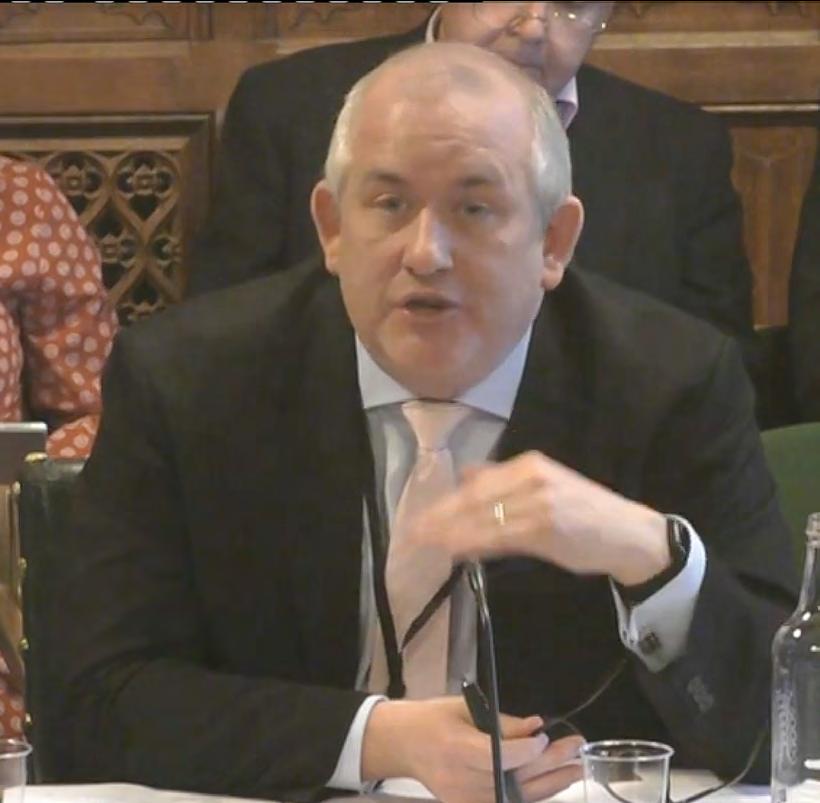
There was audible frustration in the room when Jenny Oldroyd implied that the views of the hub leads who were present were not representative of other hubs or the organisations who work with hubs. She said in the DfE’s consultation process for the restructure, some organisations that work with hubs preferred an even smaller number of hubs. In fact, the only group of respondents who preferred the ‘regional’ model of around ten hubs were those not currently associated with or engaged with any hub. The ‘national’ model of around 80 hubs was the clear first choice not only of hubs, but also of those working for a hub partner organisation and those engaged with but not directly associated with a hub. Given this clear preference for a larger number of hubs, Jenny Oldroyd’s statement that the consultation took the DfE and ACE to the ‘middle group’ of around 40 hubs when making their final decision was highly misleading.
The Minister Damien Hinds also made some questionable assertions in his evidence. When speaking about the NPME’s requirement for every school to teach an hour of curriculum music per week, he said that in Key Stage 3 ‘we are about that level’. There is no evidence to support this. A recent Teacher Tapp survey of senior leaders in secondary schools found that around a third were not meeting this target, while the ISM’s own recent survey of Multi-Academy Trusts found that around 40% of respondents were not meeting this target.
As we know the General Election has now been called for 4 July. However this has not stopped Robin Walker MP writing to the DfE asking three very salient questions, namely:
1 Please could you set out in more detail the evidence underpinning the reforms, their likely benefits, and what steps you will take to increase flexibility as to the expected start date for the new hubs.
2 Please could you set out the steps you are taking to ensure that music education is adequately funded and that funding increases in line with inflation? Regarding the capital grant for music instruments, could you set out how the department could increase the flexibility on how funding can be used to ensure it is as useful as possible?
3 Please could you set out the steps the department will take to support all music hubs with the increased cost of employer contributions to the Teachers’ Pension Scheme?
We await with interest the response from the DfE.
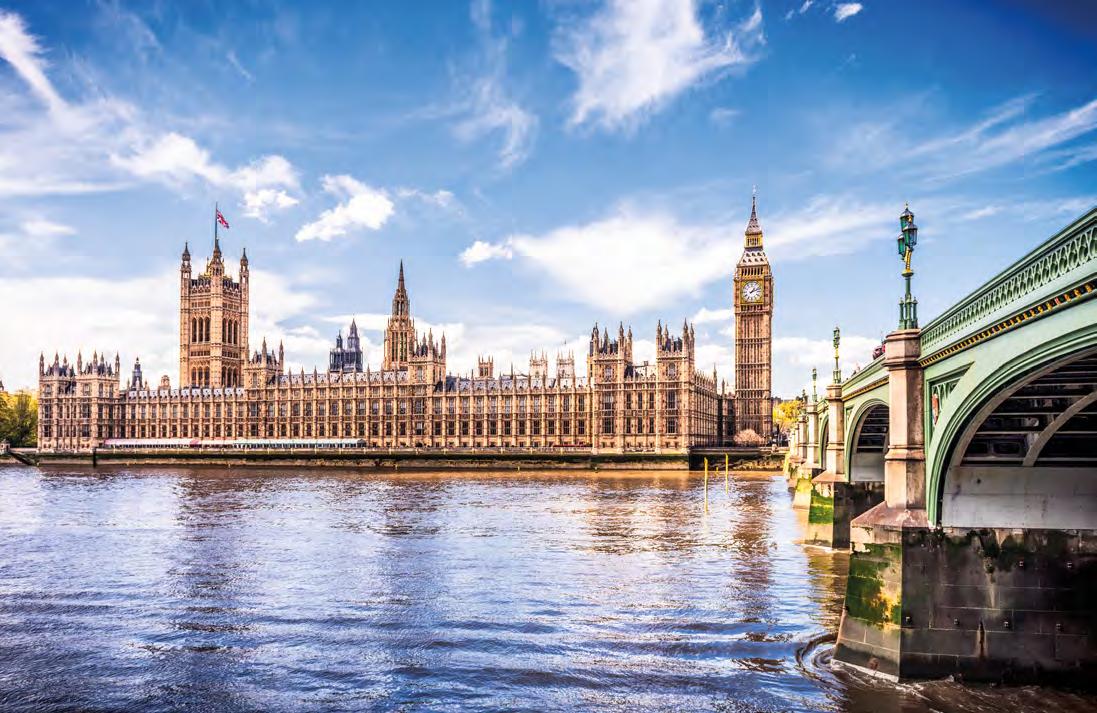
Both the WNO and RWCMD have proposed drastic financial cuts, which will impact the future of music provision in Wales
Welsh National Opera (WNO) – the only full-time opera company and largest arts employer in Wales – has announced stringent financial cuts. As a knock-on effect of the funding cuts made by Arts Council England (ACE) and Arts Council Wales, WNO is proposing to make its orchestra and chorus parttime, is scaling back its touring venues, and has already offered voluntary redundancy to the rest of the company. Protests against this announcement by musicians occurred in May of this year, one of which took place outside the Senedd with WNO’s orchestra and chorus performing the final chorus from Carmen and Mascagni’s Easter Hymn
An open letter (with the agreement of the Interim General Director and Board of WNO) was organised by Elizabeth Atherton, a singer and member of the Senedd’s Cross Party Working Group for Music, and sent to First Minister Vaughan Gething. Signatures to the letter include from household names such as actor Luke Evans, harpist Catrin Finch and singer Aled Jones. Their aim is to obtain emergency funding to secure the future of the WNO. The letter states: increased funding in the short term, WNO will be unable to continue to deliver its substantial offer of opera, education, and engagement and wellness programmes, providing artistic, community, educational, and health benefits across communities the length and breadth of Wales.’
The ISM has repeatedly voiced its concerns over ACE funding cuts to arts organisations, including those in the operatic community. Organisations which are already struggling to recover through the current financial climate are further hampered by the removal of necessary funding, and the resultant consequence for musicians and the music community is dire. The ISM continues to ask for an urgent rethink of ACE and Arts Council Wales’s funding decisions.
Cardiff is also home of The Royal Welsh College of Music & Drama (RWCMD), Wales’s national conservatoire. The RWCMD has proposed major cuts to its junior school, which would see Young RWCMD Music/Junior Conservatoire and the Young RWCMD Drama withdrawn completely at the end of this academic year. The cuts would mean Wales loses its only provision of this type and would impact hundreds of students, five salaried staff and 122 others who teach on weekends. Its long-term effect is to remove an opportunity for future generations to experience music and drama in this environment. The ISM has called on the RWCMD’s management and the Welsh Government to take all possible steps to avoid the cut. The RWCMD states they are now undergoing consultation around their proposals, and we will review what the outcome of this consultation will be.
ism.org/campaign/arts-under-threat
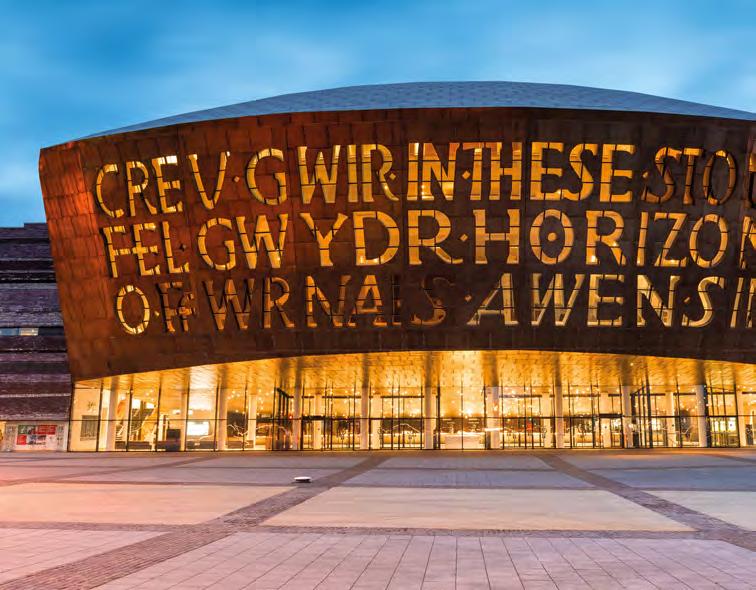
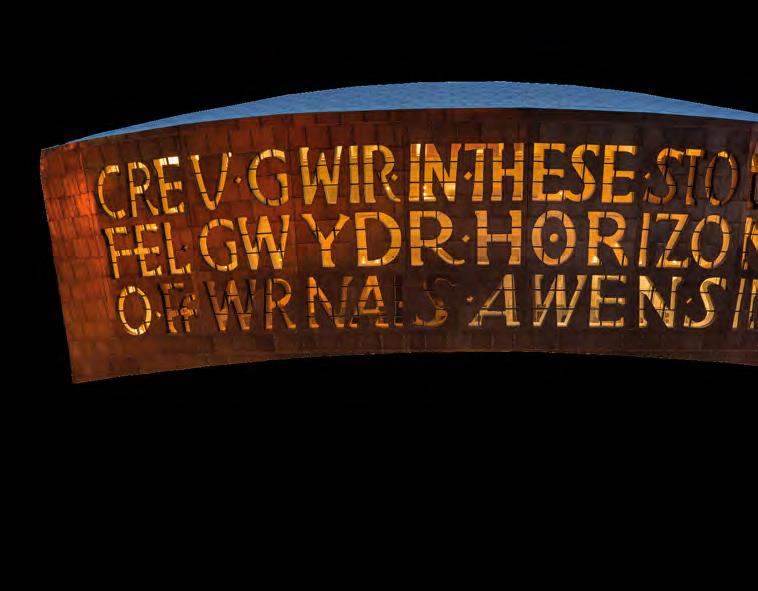

AClare Stevens
the
in
s the NUKU Choir from Tallinn, Estonia, took to the stage for their contribution to the final gala concert in the Cork International Choral Festival this year, one of the performers instantly captured the attention of the audience: a young baby, perhaps four or five months old, nestled close to their mother in a fabric sling, absorbing not just the rich, robust sound of the 20 or so voices around them, but the resonance and physicality of their performance of a short sequence of complex pieces by the Estonian composer Veljo Tormis. Spread out across the stage for one song, the choir bounced the vocal line from one end of the line to the other, and the baby’s head turned to follow it. There could not have been a better example, as I prepared to write this article, of how musical training in Estonia starts in the cradle.
As a recent Guardian article by Emine Saner explained, making music is as natural as breathing to Estonians. Spontaneous performances of national folk songs by huge crowds that would not be dispersed played a vital part in the overthrow of the Communist regimes in Estonia, Latvia and Lithuania between 1987 and 1991, so much so that the successful non-violent revolt is known as The Singing Revolution.
Perhaps the essence of the difference between the UK and countries such as Estonia, Latvia and Finland is that in England there are so many different models for delivery of education, and a huge disparity in arts provision between the state system and independent system.
In the UK, music has been taken out of the state curriculum in order to make room for more maths. Twitter/X threads are full of teachers and parents expressing their helplessness in the face of mental health and discipline problems, exacerbated, in many cases, by the tyranny of fact-based teaching, constant revision and timetables that have no space for the subjects many children really enjoy. The Welsh Government instituted a new national plan for music education after years of neglect, but then withdrew subsidy from two professional opera companies (Welsh National Opera and Mid Wales Opera) that might both help to deliver it and inspire new generations with their imaginative touring performances. An ISM member in England was refused permission to have her school’s piano tuned, because the annual budget for music won’t stretch to it.
Creativity is at the heart of every school curriculum in the Baltic countries, and includes cooking, knitting and chess as well as dancing and music … sports and drama are valued as much as science, maths, IT and languages. Saner quotes Gunda Tire, who leads international assessments for Estonia’s education and youth board, as saying that if children are offered a broad curriculum with a lot of freedom, choice and opportunities for selfexpression, ‘their wellbeing and sense of accomplishment increases. We don’t think that that’s irrelevant’.
England’s revised National Plan for Music, published in June 2022, does state that ‘schools should deliver highquality curriculum music for at least one hour a week in key stages 1 to 3, supported by cocurricular learning, and musical experiences’. But it is telling that this modest aspiration is followed by an admission that ‘this will take time to realise’. Still, not to worry, ‘Music Hubs will be a vital support’, the plan continues … but for nearly two years those hubs were left in limbo, knowing that a significant reorganisation was on the horizon.
On 7 May this year plans for the new generation of hubs were made public. From September 2024 the existing 116 hubs will be reduced to 43 Music Hub Lead Organisations. They will be funded by over £101m from the Department for Education. That may sound a lot, but music educators will know that per child in state education it amounts to a pittance.
Will the picture change if Labour wins the UK’s next General Election? The omens are good, given that Labour leader Sir Keir Starmer is a keen musician. His current shadow culture secretary, Thangam Debbonaire, was a pupil of Chetham’s School of Music in Manchester and has played professionally as a cellist. Both have underlined their commitment to arts and the creative industries, and to ensuring that music, drama and art will be put back at the heart of the curriculum if Labour comes to power.
Barbara Keeley MP, the shadow minister for music and tourism, recently commented that if in power Labour would introduce a National Education Network for parents, carers and teachers to find out about the resources and learning opportunities in their area.
But why should the onus be upon ‘parents, carers and teachers’ to ‘find out’ about opportunities? As several commentators remarked, in addition to more money, what schools really need to deliver truly enriching music education is high quality training of primary music teachers and headteachers who believe in the power of music education. Perhaps the essence of the difference between the UK and countries such as Estonia, Latvia and Finland is that in England – less so in Scotland, Wales and Northern Ireland – there are so many different models for delivery of education, and a huge disparity in arts provision between the state system and independent system. In Estonia, education involves a nurturing approach based on children attending kindergarten until the age of seven, where they learn through play, and taking just three exams, in Estonian, maths and another subject of their choice, at the age of 15 in order to progress to the equivalent of sixth form. In contrast to the pressurised UK curriculum, they have plenty
In contrast to the pressurised UK curriculum, they have plenty of time to explore other activities without the threat of a make-or-break exam.
says Jane Lunnon, head of the independent Alleyn’s School in South East London, which has a flourishing music department.
Let’s hope the new hub arrangements and future government strategies, combined with increased funding, will enable more state school headteachers to take the same liberating approach.
Emine Saner’s article on education in Estonia: theguardian.com/lifeandstyle/2024/mar/27/ free-lunches-brain-breaks-and-happyteachers-why-estonia-has-the-best-schools-

 NUKU Choir performing at Cork International Choral Festival
NUKU Choir performing at Cork International Choral Festival
Clare Stevens takes a look at what’s on offer at some of the music festivals you can experience around the UK in the coming months
Whether your tastes run to punk or Puccini, mambo or Monteverdi, string quartets to salsa bands, there’s sure to be a music festival you’ll enjoy taking place somewhere in your area … or in a beautiful location you’d love to visit for a busman’s holiday. While there’s no getting away from the fact that funding cuts have had a terrible impact on some events, others have bounced back from what seemed like oblivion, and the festival calendar across all four UK nations was filling up enticingly when we looked at what you could attend later on in the year.
If you are looking for variety, WOMAD (womad.co.uk 25 – 28 July) should fit the bill. Taking place at Charlton Park, Malmesbury in Wiltshire, WOMAD describes itself as ‘The World’s Festival – a haven of musical insights and possibilities, crossing borders and languages to unite thousands in the joy of music without limits’. A huge array of genres is represented, from R&B, rap, rock, blues, punk and jazz to brass bands, Qawwali, mambo and flamenco. You can hear and see performances by newcomers and legends, unknown artists who may surprise you, and visionary songwriters.
The festival calendar across all four UK nations is filling up enticingly.
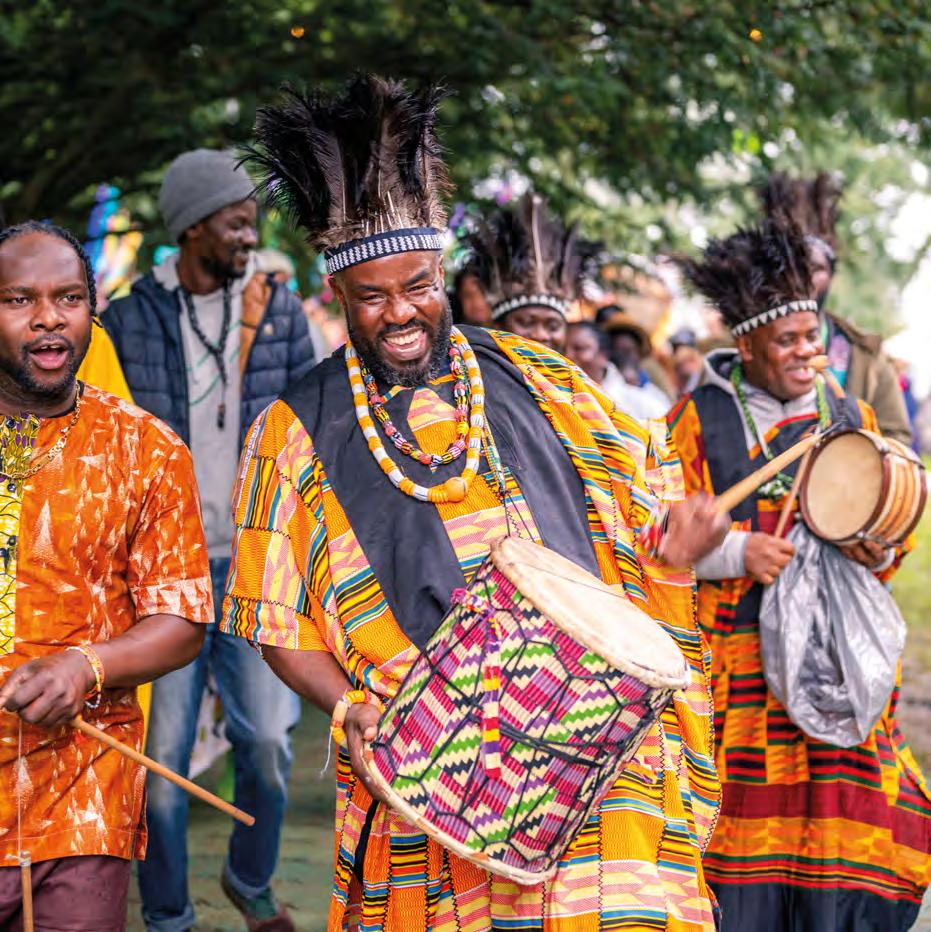
Lana Del Rey, Liam Gallagher, Fred Again and Gerry Cinnamon are among the headliners at the curiously double-headed event that is the Reading Leeds (readingfestival.com leedsfestival.com 21 – 25 August), taking place over the bank holiday weekend at Bramham Park near Wetherby in Yorkshire and Little John’s Farm in Reading. Reading claims to be the longestrunning popular music festival in the UK. The lineup includes rock, alternative, indie, punk, metal and hip hop; the headliners and most of the numerous supporting artists travel up and down the country to perform at both venues, so whether you live in the north of England or the Home Counties, you can choose which to attend.
Left: WOMAD Sun Parade
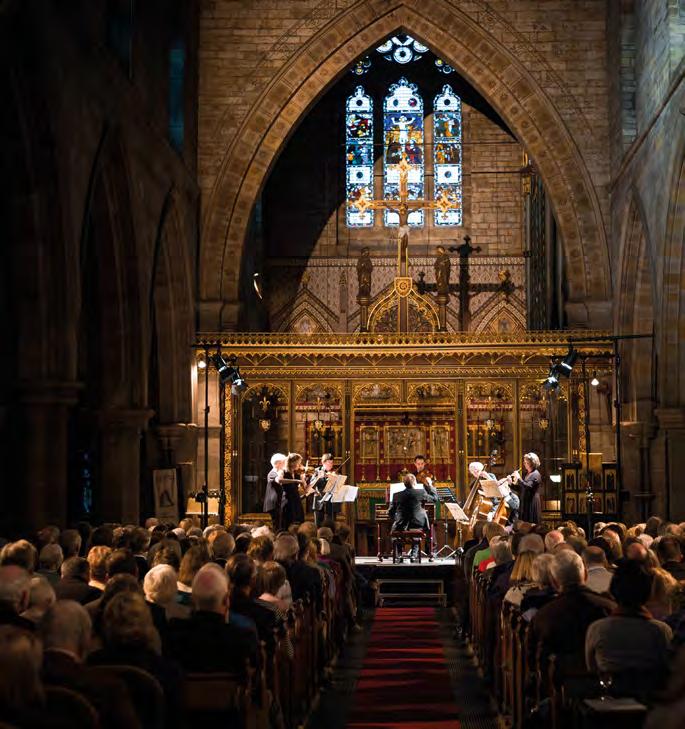
If you fancy something a little more refined, Buxton Festival ( buxtonfestival.co.uk 4 – 24 July) might fit the bill. Its musical centrepiece is the programme of operas performed in the Derbyshire town’s jewel-like opera house – this year it includes Carmen, Verdi’s Ernani, and Ethel Smyth’s The Boatswain’s Mate, among others. There are concerts too – for example, pianist Paul Lewis plays Schubert sonatas, violinist Fenella Humphreys and pianist Martin Roscoe play a largely French programme honouring the centenary of Gabriel Fauré’s death, Voces8 vocal ensemble present sacred and secular music and there is a seriously impressive jazz strand.
Buxton Book Festival runs concurrently with the music events, and the hub of everything is Pavilion Gardens, a glorious sequence of Victorian conservatories, gardens and function rooms adjacent to the opera house. But if you want a completely different experience, Buxton also offers ‘Opera in the Cavern’ on four evenings … an hour-long journey through the underground passage of Poole’s Cavern, rich in limestone stalactite and stalagmite formations, accompanied by operatic excerpts.
On the other side of the Pennines, Ryedale Festival (ryedalefestival.com 12–28 July) operates in complete contrast to Buxton’s compact location, presenting concerts in an enormous variety of venues across the Yorkshire wolds – in minute, ancient churches in tiny villages such as gorgeous Lastingham; bigger churches in lovely market towns such as Helmsley and Pickering; and the elegant banqueting halls and drawing rooms of stately homes such as Castle Howard and Duncombe Park. This year’s artists include the female-voice consort Papagena, Kirkbymoorside Town Brass Band, Sheku and Braimah Kanneh-Mason, guitarist Plínio Fernandes, The Unthanks, trumpeter Aaron Azunda Akugbo and horn-player Felix Klieser.
Above left: London Afrobeat Collective
Above right: Dunedin Consort
Below:
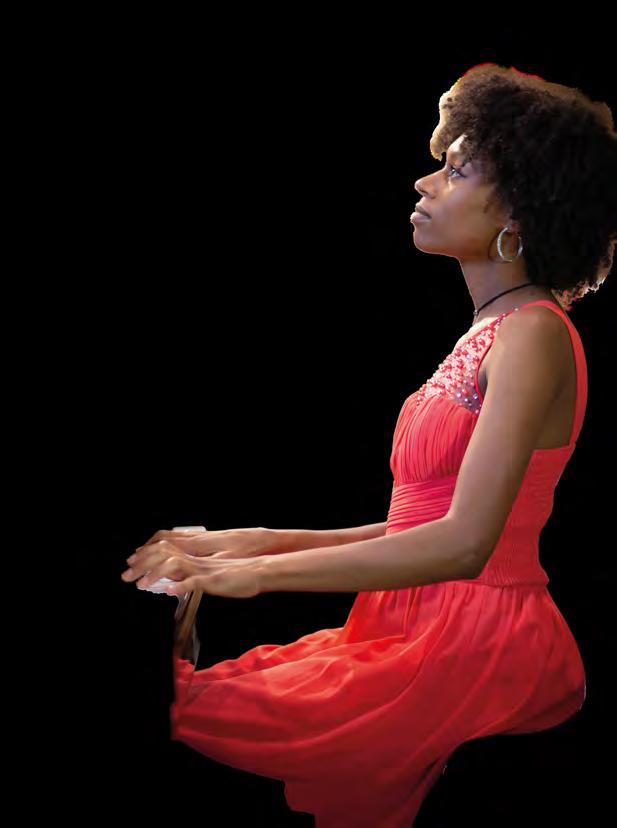
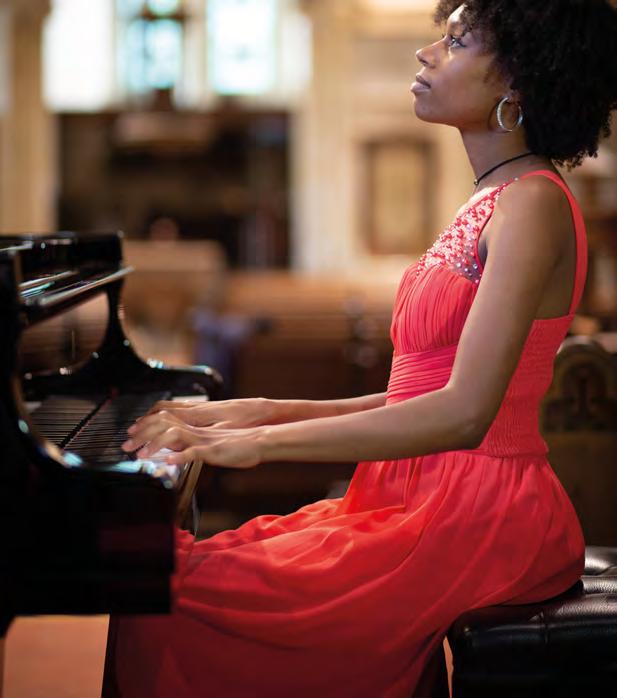


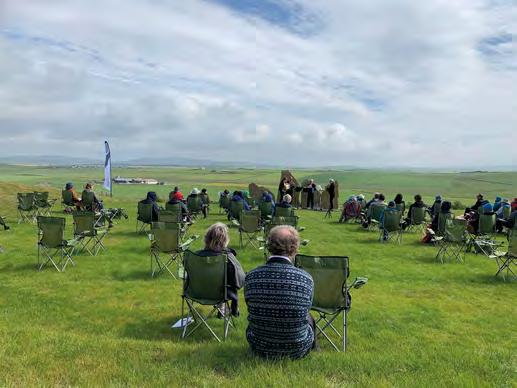
Double or even triple concerts are a feature of Ryedale – two or three groups of musicians play repeated programmes and the audience goes first to one concert and then to the next, swapping over after a picnic –last year I heard Anna Lapwood conduct the Choir of Pembroke College, Cambridge in Sledmere Church, which sits in the landscaped grounds of Sledmere House near Malton, and then went indoors to the saloon for a performance by the Kaleidoscope Chamber Collective. This year you can do the same thing in the company of the Piatti String Quartet and the Katona Twins guitar duo.
It might be a bit late to book tickets for the Aldeburgh Festival ( britten-pearsarts.org 7–23 June) by the time you read this, as they have been selling fast, but the new exhibition ‘The Composer’s Place’ at The Red House, former home of Benjamin Britten and Peter Pears, exploring their lives in Aldeburgh
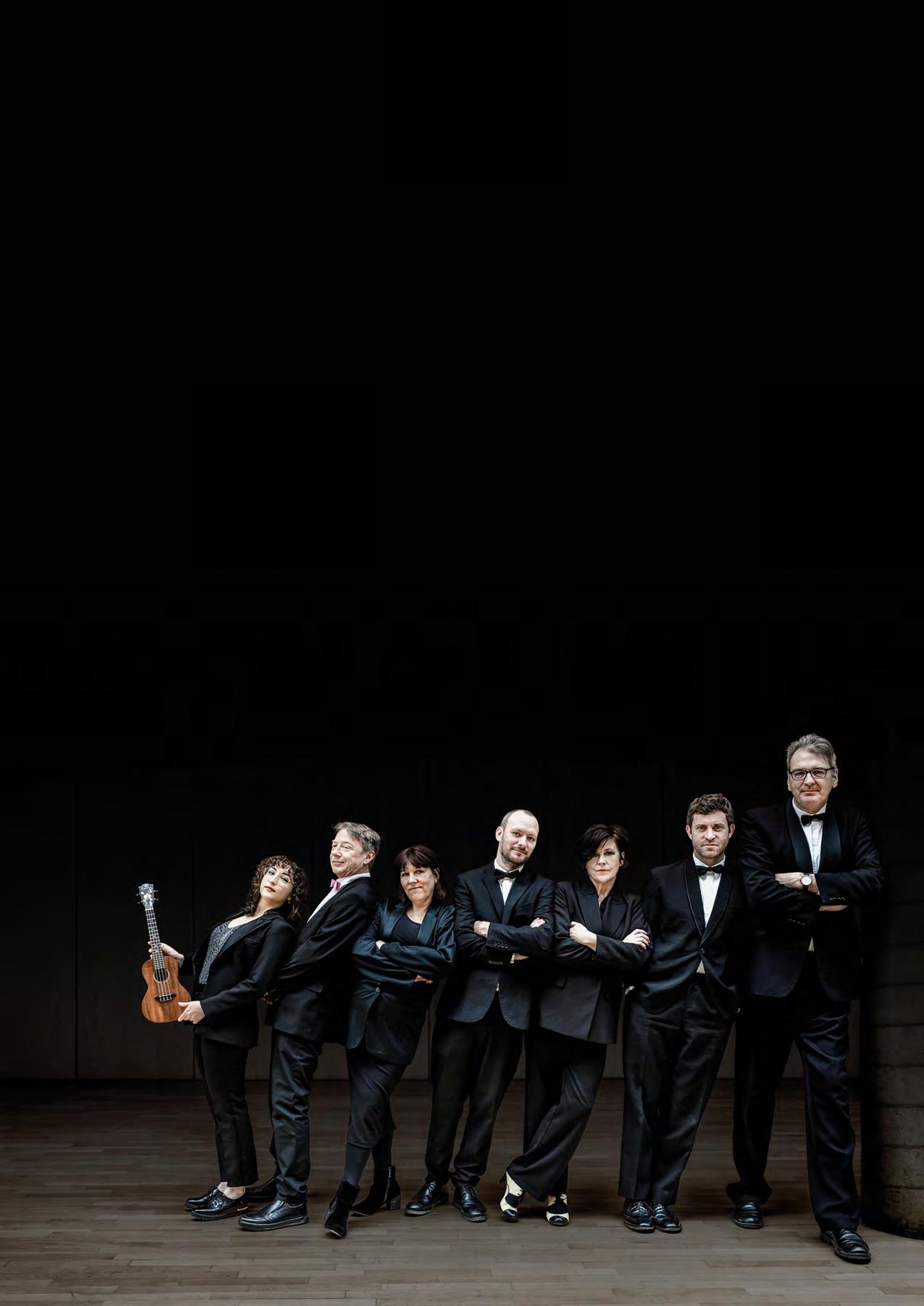
and how this coastal town inspired them to establish the Aldeburgh Festival of Music and the Arts, runs until November. And Summer at Snape (26 July – 31 August) includes youth ensembles, amateur musicians, recitals by classical stars such as Alicia Ibragimova and Cédric Tiberghien, and performances by the conductor John Wilson’s multi-award-winning Sinfonia of London; Tunde Baiyewu, lead singer of the iconic Lighthouse Family and his band; and by Sona Jobarteh, the first female professional West African kora player.
Top left: Milos Lars Borges
Top right: St Magnus Festival
Below: Ukulele Orchestra
Photo: Stefan Mager

East Anglia is also the setting for the new Music Summer School and Festival (mssf.org.uk 27 July –10 August), based at Britten’s old school, Gresham’s, in the Norfolk town of Holt. This has been set up by former employees of the historic event at Dartington Hall in Devon. Although it runs for a shorter period in this inaugural year it will feature some of the respected performers whom many ISM members will know from sojourns in Dartington, including tenor James Gilchrist and pianist Anna Tilbrook, vocal consort Stile Antico, and oboist Nicholas Daniel. A highlight is sure to be a talk by former ISM President Gavin Henderson, director of Dartington Summer School for 26 years.
Of course, cities can host music festivals too and one that catches my eye is Sound Within Sound at London’s Southbank Centre (southbankcentre.co.uk/whats-on/ festivals-series/sound-within-sound 4– 7 July). Inspired by the book of the same name by Radio 3 broadcaster Kate Molleson, it offers a chance to hear some of the music she discusses, by ten composers from the 20th century whose work has been overlooked in the main classical canon. From Mexico to New Zealand, these visionaries have pushed the boundaries of classical music, introducing microtonal revolutions, incorporating indigenous sounds, and even turning entire cities into orchestras.
…these visionaries have pushed the boundaries of classical music, introducing microtonal revolutions, incorporating indigenous sounds, and even turning entire cities into orchestras.
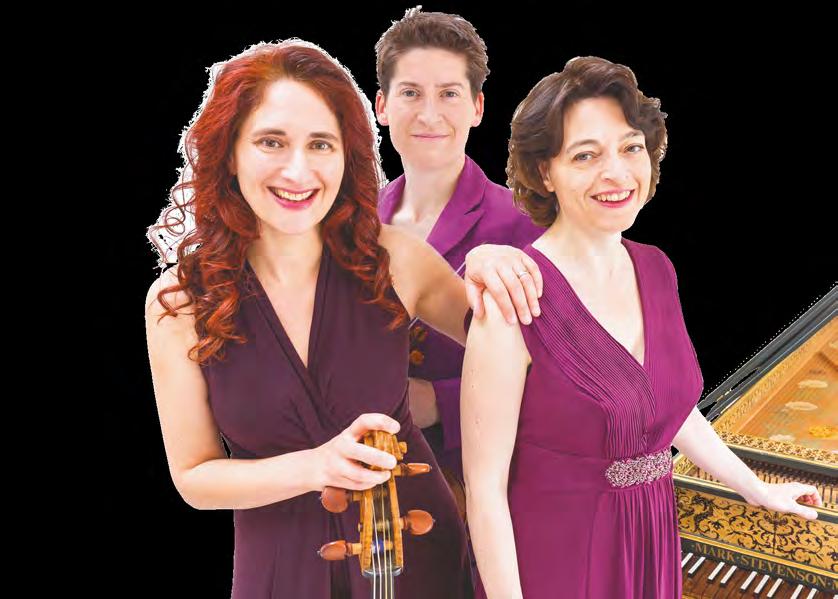
North of the border, violinist Nicola Benedetti will be welcoming visitors to her second programme as Director of the Edinburgh International Festival (eif.co.uk 2–25 August) ‘Rituals That Unite Us’ is the underlying theme, responding, she says, to an overwhelming desire for togetherness from artists and audiences following 2023’s question ‘Where Do We Go From Here?’. To reach the broadest possible audience, 50% of tickets for the 2024 International Festival will be sold at £30 or under; free tickets are available for young musicians; and £10 Affordable Tickets will be available for every performance. Indie pop, world music and of course Scottish traditional music are well represented but if I had to choose just one unmissable event from the packed schedule it would be the UK premiere of Julia Wolfe’s Fire in my Mouth, a multimedia elegy for the victims of New York’s 1911 Triangle Shirtwaist Factory fire; it’s part of the Philharmonia Orchestra’s residency at the festival, conducted by Marin Alsop and featuring the brilliant National Youth Choir of Scotland.
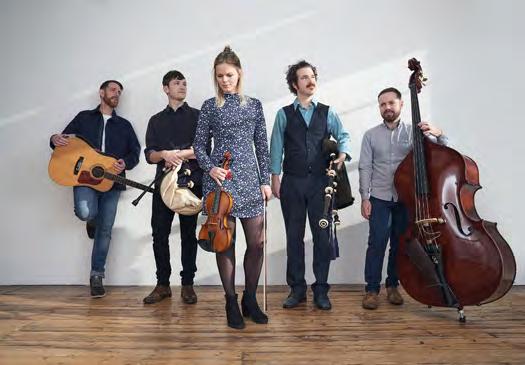
Nicola Benedetti will be welcoming visitors to her second programme as director of the Edinburgh International Festival.
After the razzamatazz of EIF with its famous fringe, Lammermuir Festival ( lammermuirfestival. co.uk 5 – 16 September) along the coast in East Lothian offers a gentler vibe that rounds the summer off nicely. Last year it suffered the indignity of being told that its funding from Creative Scotland had been withdrawn while the festival was actually in progress, but thanks to the generosity of other supporters it will go ahead this year –programme details will be announced on 11 June.
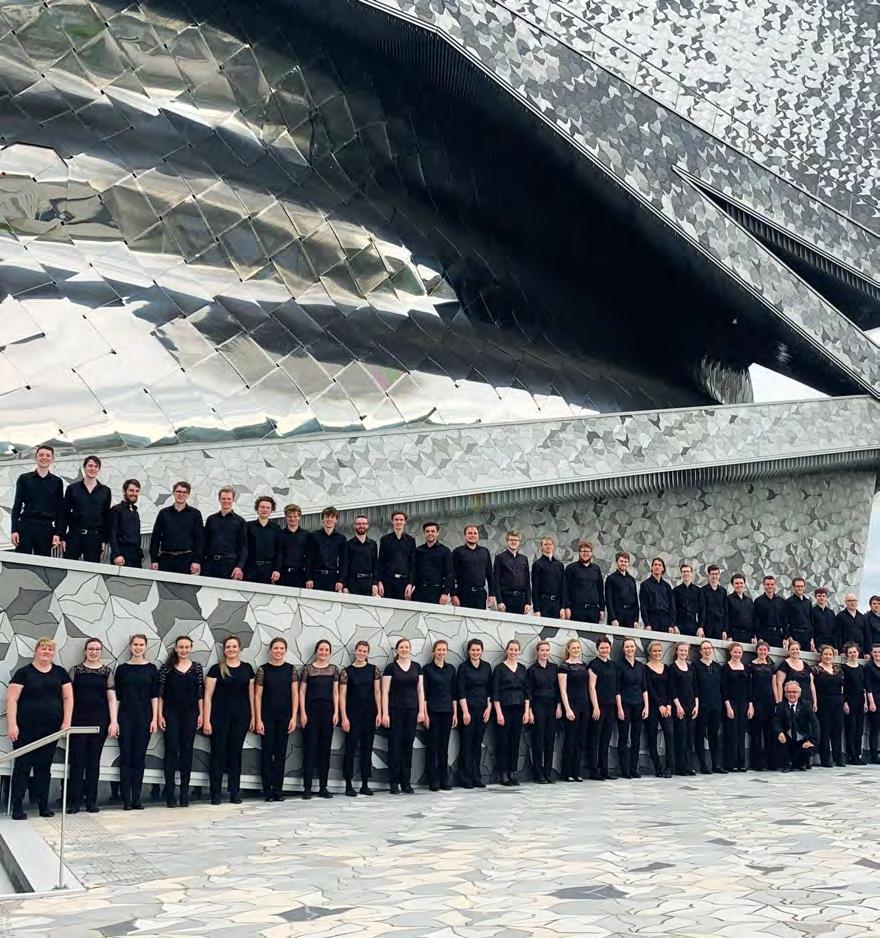
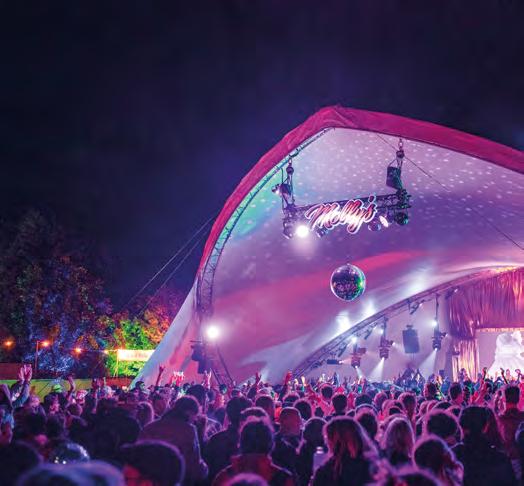 Top right: Breabach
Below: Molly’s bar
Photo: Garry Jones
Top right: Breabach
Below: Molly’s bar
Photo: Garry Jones
The beating heart of summer music in Wales is represented by its two Eisteddfods or festivals of singing. There is the Llangollen International Eisteddfod (internationaleisteddfod.co.uk 2 – 7 July) in Denbighshire, North Wales, featuring parades, music and dance competitions and informal performances in the picturesque riverside town during the day, and a diverse range of evening concerts in the Royal International Pavilion – Tom Jones, Katherine Jenkins and royal harpist Alis Huws are among this year’s headline acts. Then there is the National Eisteddfod (eisteddfod.wales 3 – 10 August) held in a different location each year, alternating between north and south. This year’s venue is Rhondda Cynon Taff/Pontypridd, in the southern valleys. Dating back to the bardic ceremonies of the 12th century, it celebrates Welsh culture and the Welsh language, with a competitive element at the core of everything – there are categories for all sort of choirs, brass bands and individuals as well as youth music sections.

But if you prefer a more conventional music festival with a Welsh accent, try Machynlleth (moma.cymru/en/ about/festival/ vocal masterclass by Dame Felicity Lott, hear pianist Llyr Williams playing Chopin, or settle back in candlelight for a late-night session of folk, classical and jazz songs of love, exile and hope performed by Alice Zawadzki.

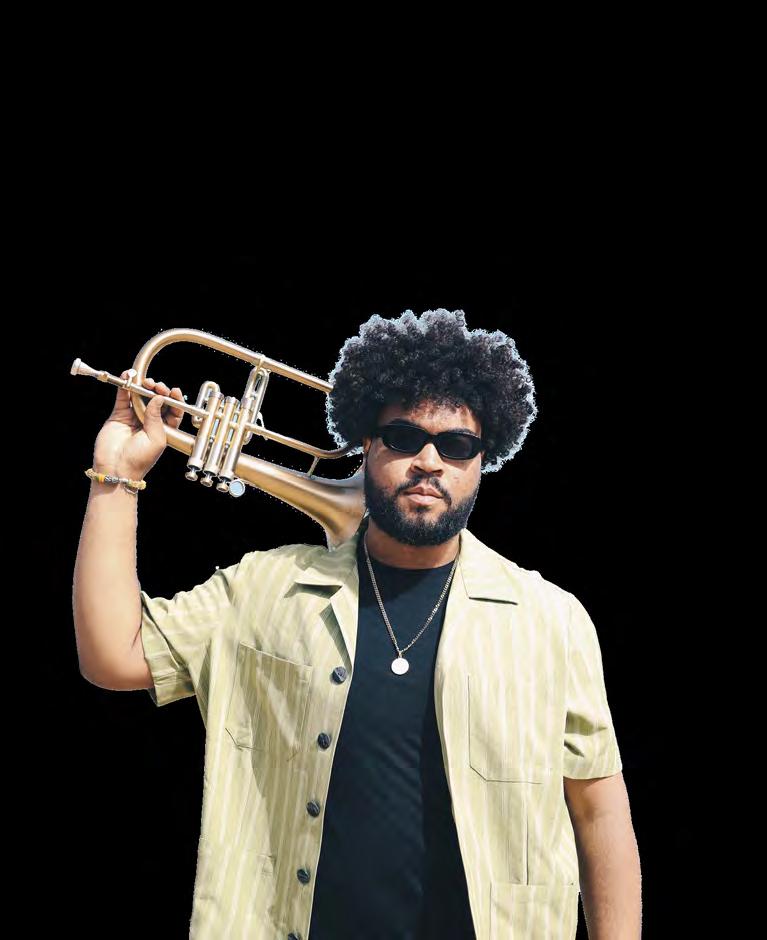
Ballymully Cottage Farm in Limavady on the causeway coast is the location for family-friendly Stendhal 4 – 6 July), Northern Ireland’s answer to Camp Bestival or Latitude. This year’s lineup includes soul singer Heather Small of M People; a DJ set from Hot Chip; and a varied list of support acts such as Dylan Walshe, Mister Sister and The Causeway Shantymen. Or you could visit the Charles Wood Festival charleswoodsummerschool.org 11 – 18 August) in the cathedral city of Armagh, where concerts and masterclasses are interspersed with church services. A Glenarm Festival of Voice (niopera. com/the-festival-of-voice/ 23 – 25 August) takes place on a historic estate on the Antrim coast and is always a wonderful showcase for vocal stars of the future.
The beating heart of summer music in Wales is represented by its two Eisteddfods or festivals of singing.Top right: Dr. Meaker
Stevens
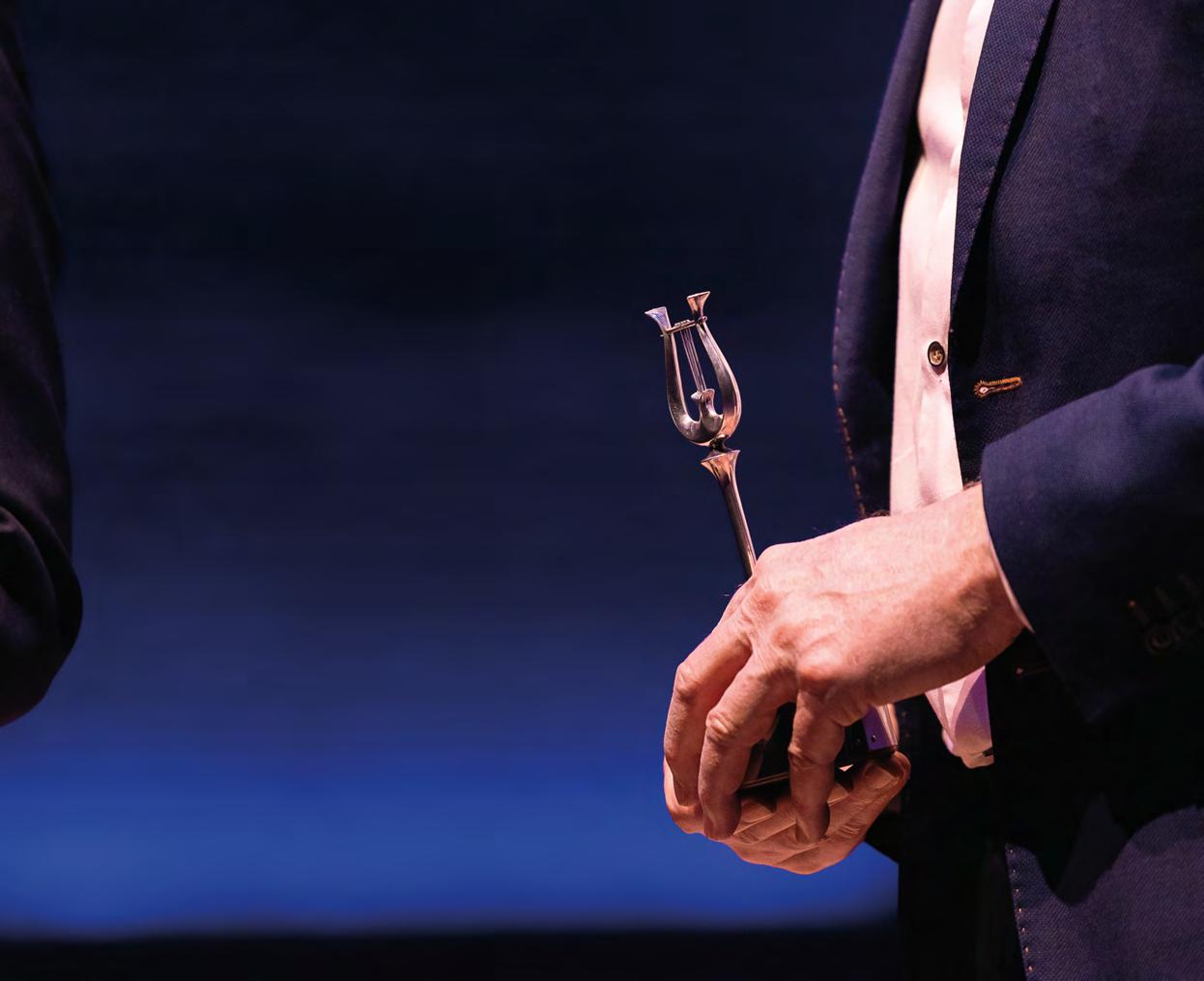
Iknow I’m not alone in habitually referring to the Royal Philharmonic Society (RPS) Awards as ‘the Oscars of live classical music performance’ … because that really is what they are, embracing a wide spectrum of genres, both purely classical and increasingly projects that involve collaboration beyond conventional boundaries.
‘Given the truly national story they tell, we were so pleased to take the RPS Awards out of the capital for the very first time... this year Manchester was the ideal destination.’
RPS Chief Executive James Murphy
In the past the RPS Awards ceremony was a glitzy black-tie dinner at a Park Lane hotel, usually including an extended keynote speech by a leading personality in the arts. It was always a splendid occasion, but tickets were expensive and the format slightly restrictive. Some years ago the RPS began experimenting with different venues, including the Whitbread Brewery in the City of London, and Battersea Town Hall, and a much less formal schedule allowing more opportunities for networking

and enabling the organisation to reduce the ticket prices significantly.
This year, however, the organisation took a much bigger step, hosting the ceremony in the concert hall of the Royal Northern College of Music (RNCM), Manchester, with plenty of time to mingle afterwards in the bar.
‘Given the truly national story they tell, we were so pleased to take the RPS Awards out of the capital for the very first time,’ says RPS Chief Executive James Murphy. ‘We’ll be venturing elsewhere in years to come, and back to London of course, but this year Manchester was the ideal destination. We received a wonderful welcome from the city and were thrilled to sell out the venue. It was a particular joy to work with the fantastic staff of the Royal Northern College of Music: we all talk about partnership in music, but here we saw and cherished the very best of it.’
The audience was noticeably different, yet many regular supporters of the RPS and members of the specialist panels that debate the awards decisions had taken the
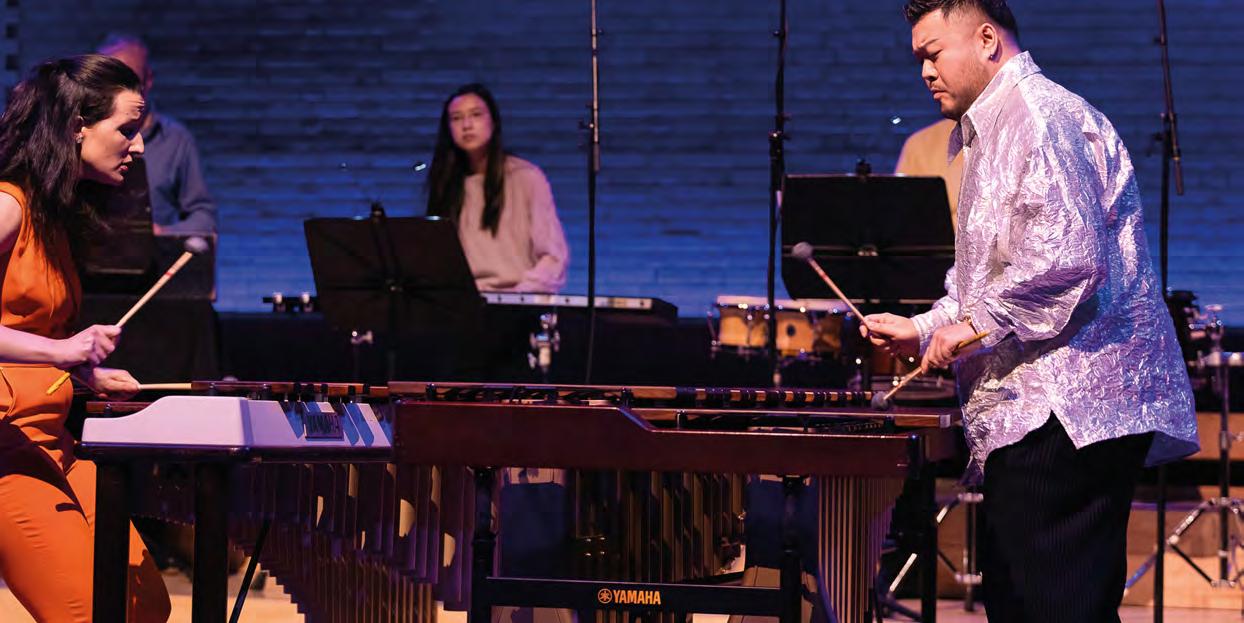
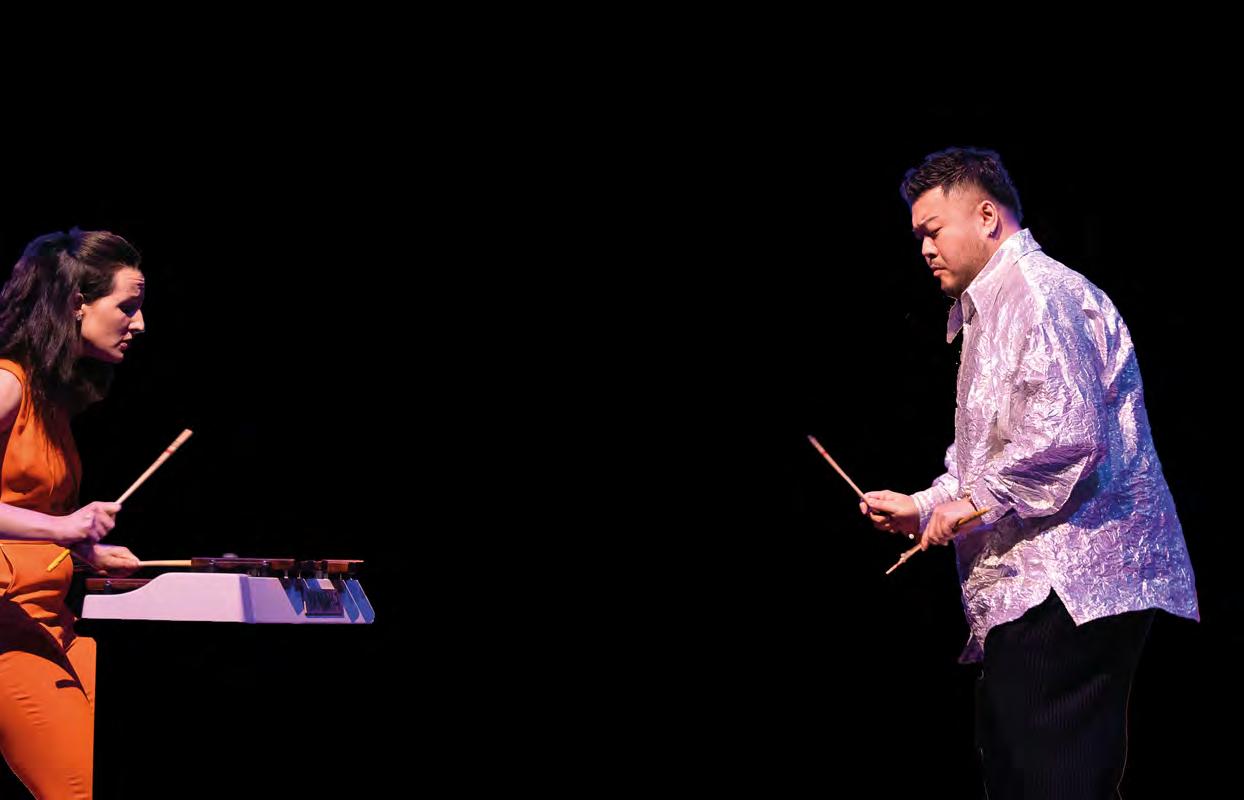
opportunity to come up to Manchester from the south of England. ‘We’re grateful to friends and supporters across the industry for putting their name to the event wherever it travels,’ says general manager Harriet Wybor, ‘especially our Principal Supporters – BBC Radio 3, ABRSM, Lark Music, PRS for Music, Yamaha and BBC Music Magazine – and individual Award Supporters including – of course – the ISM, and several newly joining us. Each year, it’s invigorating to see sector colleagues travelling from all over the UK to celebrate the positive impact that classical music has nationally. With tickets prices starting from just £10, we’re equally heartened to see more music-lovers and local audiences joining us.’
The event shone a light on Manchester’s musical heritage and community, opening with a performance (pictured above) of Keiko Abe’s Conversation in the Forest by percussionists representing all Manchester’s professional classical ensembles. While there was no big keynote speech other than James Murphy’s impassioned call to everyone present to flood the internet and the airwaves with positive stories about music to counteract the current doom and gloom, a remarkable range of topical issues were touched upon in the acceptance speeches, often very movingly.
A major highlight was the presentation of the Opera and Music Theatre Award to
Ukrainian composers Illia Razumeiko and Roman Grigoriv (pictured below) – who travelled specially from Ukraine – for their opera Chornobyldorf, a powerful portrait of humanity’s need for cultural sustenance in the wake of shattering global events. Huddersfield Contemporary Music Festival was applauded for bringing the whole Ukrainian cast and company to Yorkshire for the opera’s UK premiere.
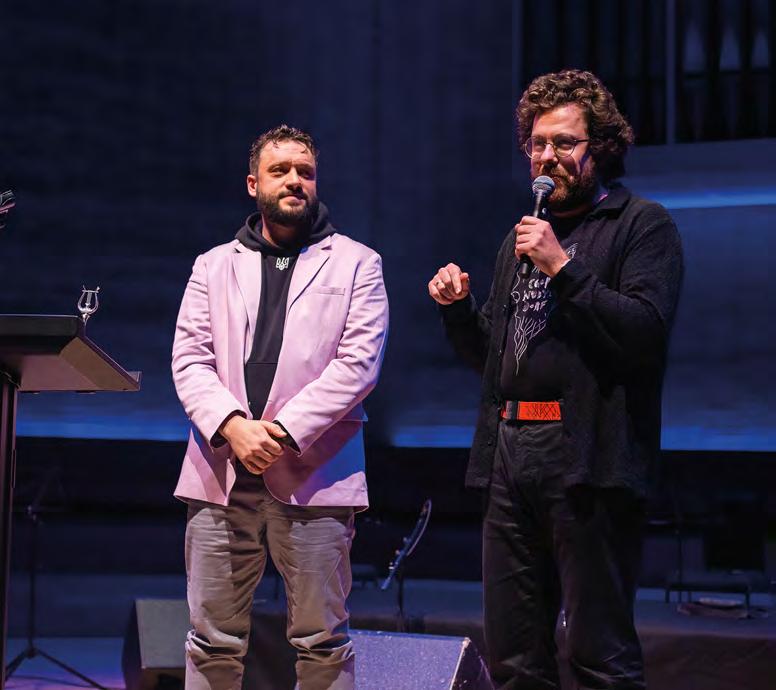
That was the biggest challenge … how do you take a massive operatic tradition, add some Indian classical music to it and make it sound coherent?
The Gamechanger Award went to the Irene Taylor Trust and its inspirational artistic director Sara Lee for their life-changing work using music to help and empower people affected by the criminal justice system and in marginalised areas of society. Aleksi Barrière, librettist of the acclaimed opera Innocence, about the aftermath of a high school shooting, spoke eloquently about the need to devote the time and money required to develop projects like this, when he received the LargeScale Composition Award on behalf of his mother, the composer Kaija Saariaho, who died in 2023, and the Royal Opera House which staged her opera.
Unsurprisingly there was a warm welcome from the audience for the BBC Singers, who received the Ensemble Award, recognising the astonishing quality, style and imagination they have brought to a range of endeavours and collaborations. And ISM’s new president, tenor Nicky Spence, received the Singer Award for a phenomenal year including performances at the BBC Proms, Welsh National Opera, Classical Pride and Eurovision, and huge dedication to nurturing young talent at Blackheath Halls and Scottish Opera.
The ISM supported the Instrumentalist Award, for which three extraordinary musicians were shortlisted. The cellist, composer, singer and pianist Ayanna WitterJohnson (profiled in MJ Winter 2022) was described in the citation as a renaissance woman who curates imaginative programmes fusing her classical strengths with reggae, soul, jazz and her Jamaican heritage. Pianist Pavel Kolesnikov was described as a poet, who has brought tender dexterity and an inquiring spirit to every excursion, particularly in his seven-concert residency at the Aldeburgh Festival and in his collaborative interpretation of Bach’s Goldberg Variations dancer Anne Teresa de Keersmaeker.
The winner, however, was sitar player Jasdeep Singh Degun, recognised for his explorations of the beauty and boundless possibilities offered by the sitar; for his dazzling collaborations showcased particularly in his debut album Anomaly; and by his work with Opera North on a groundbreaking new production of Monteverdi’s opera was itself shortlisted for the RPS Large-Scale (see first para above) Composition Award.
In his acceptance speech, Singh Degun paid warm tribute to his ‘musical parents’, his sitar teacher Ustad Dharambir Singh MBE and Gunwant Kaur, his first vocal teacher at Moor Allerton Hall Primary School in North Leeds, who inspired him with a love of all sorts of different musical styles and supported him by taking him to concerts and pointing him in the right direction to develop his skills. In a Zoom interview a few weeks later he explains
Jasdeep Singh Degun
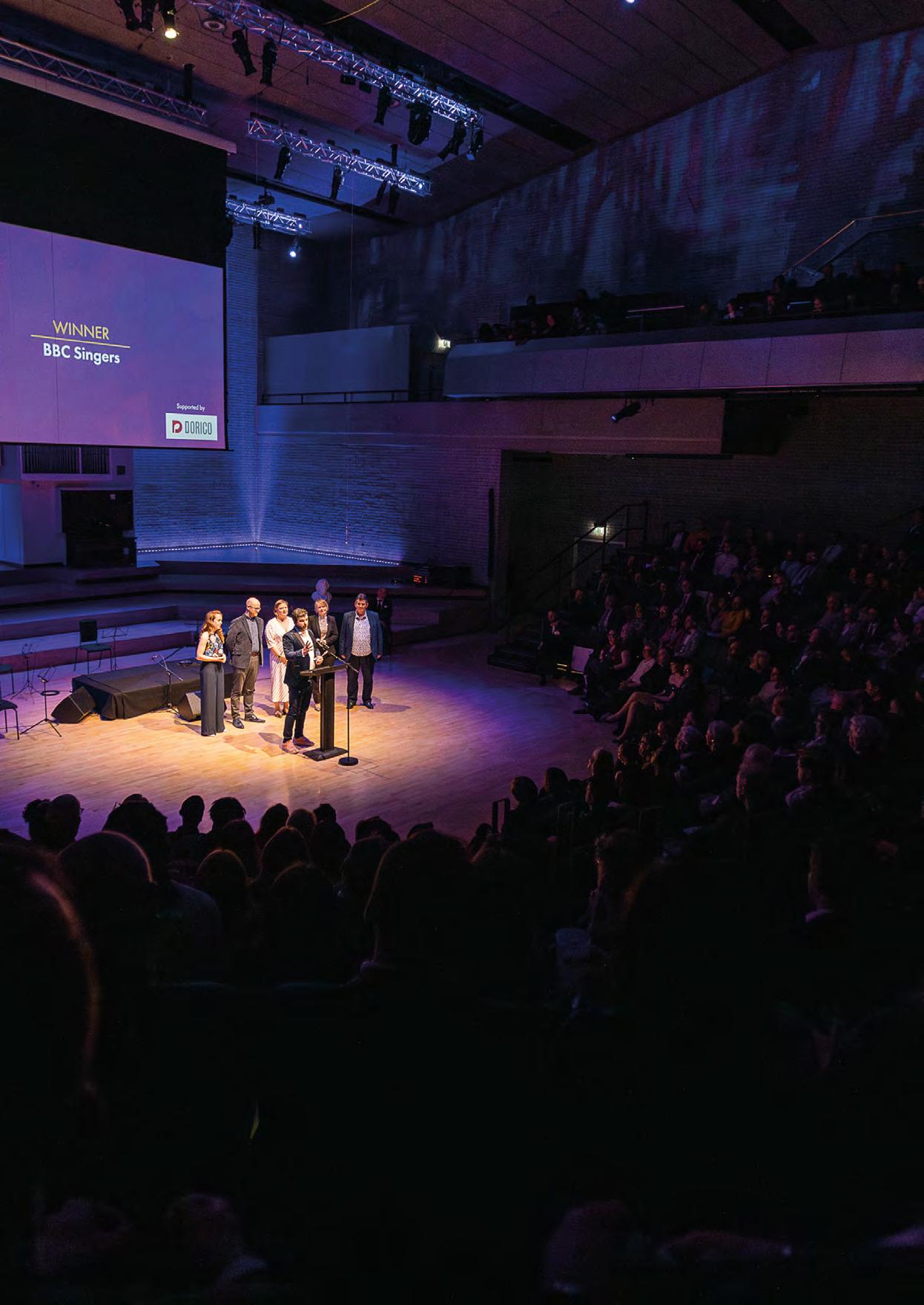

that his parents were interested in bhangra, the folk music of the Punjabi community, but knew nothing about Indian classical music, but his teachers at school, at Leeds College of Music (now Leeds Conservatoire) on Saturdays and Yorkshire Young Musicians on Sundays introduced him first to the tabla and then to the sitar.
In tandem with this, he loved singing and joined the school choir, learned to read western classical notation and had piano lessons. He became a member of both the National Youth Orchestra of Great Britain and SAMYO, the UK’s National Youth Orchestra for Indian Music. Opportunities with these organisations to take part in collaborative projects with others such as the National Youth Choir of Great Britain and Aldeburgh Young Musicians gave him the skill set and contacts that led to the work he is doing now.
The important thing when bringing musicians from different traditions together, he says, is to respect the performance practice of each. When he was approached
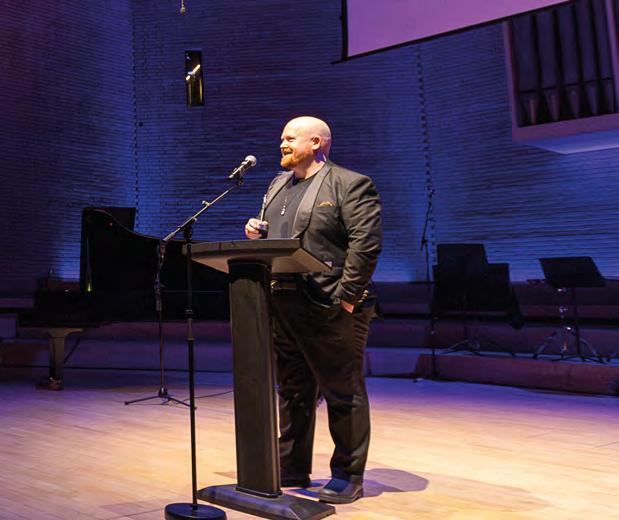
‘I was very keen that it wouldn’t be just Monteverdi with Indian embellishments, I wanted it to be an equal coming together of the two styles,’ he says. This extended to requesting that half of the opera would be translated into Indian languages; he then composed Indian classical music for the characters that would be performed by Indian singers.
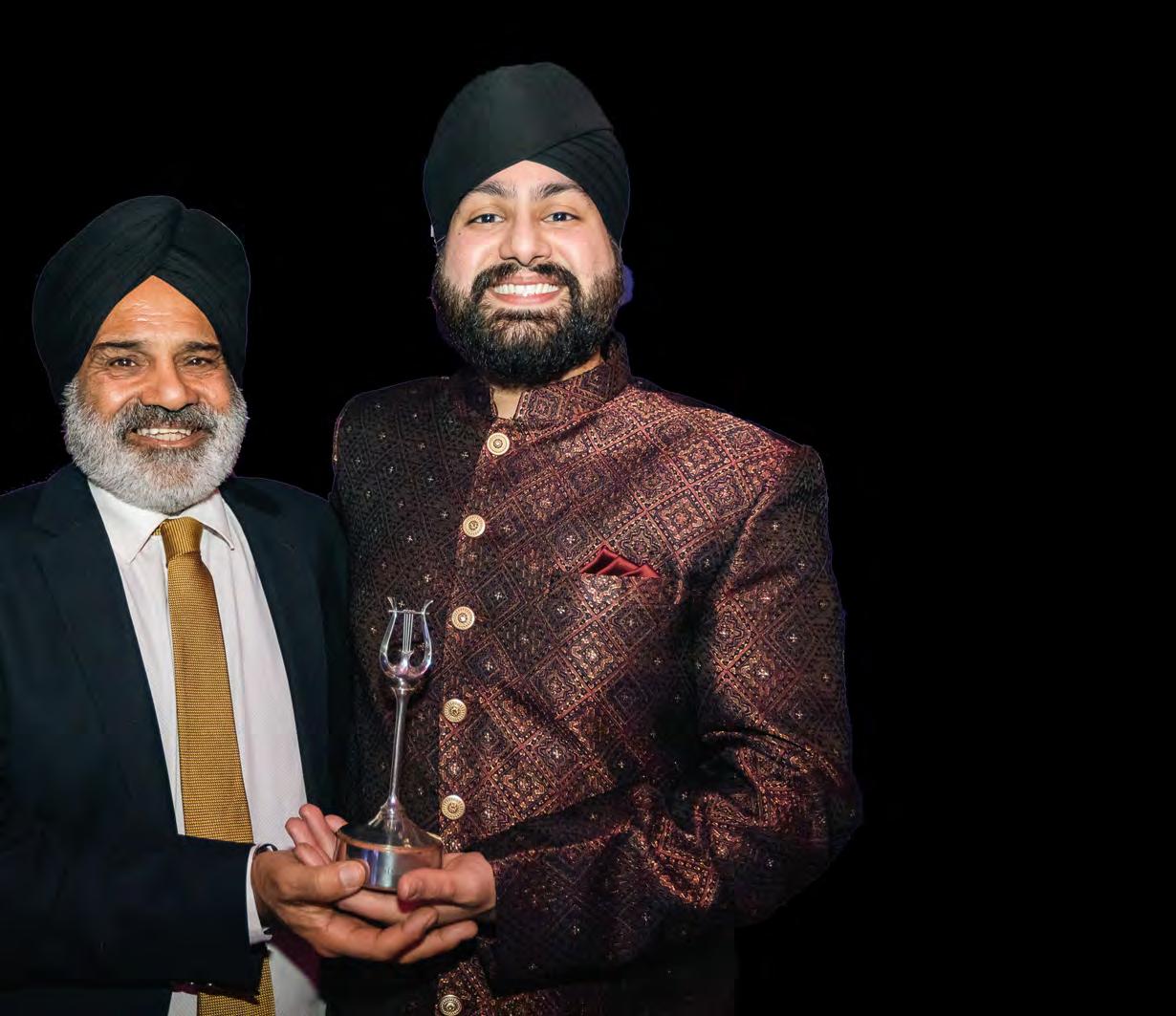
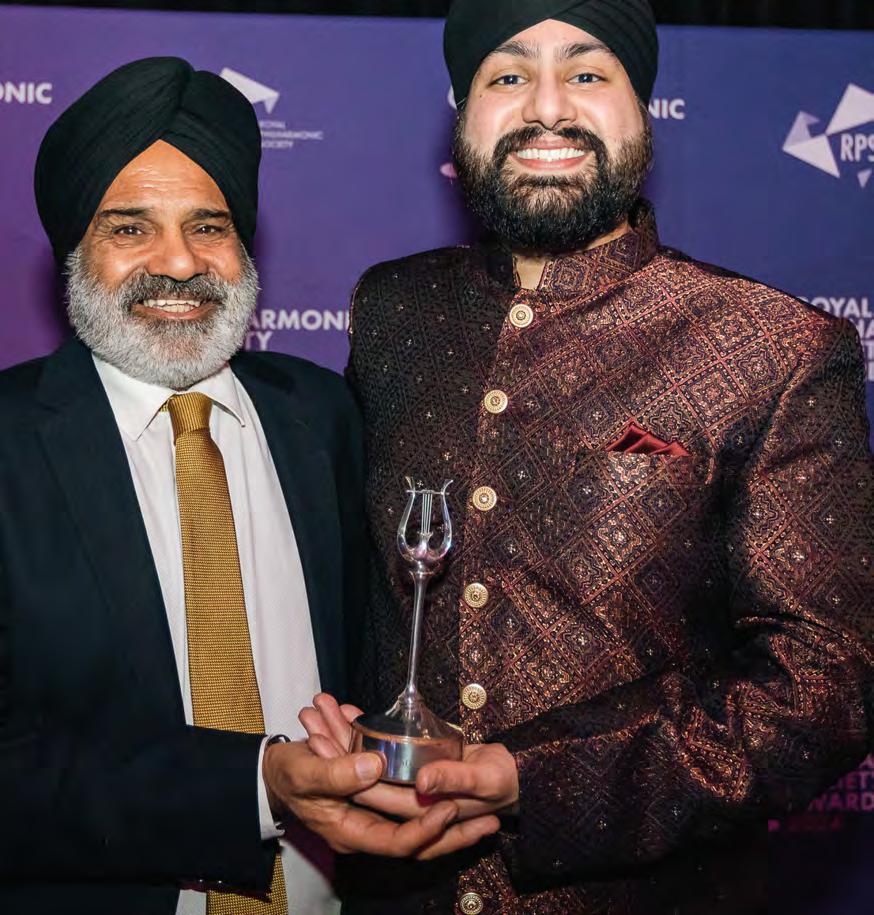
Donne, Women in Music, is a UK charitable foundation dedicated to achieving gender quality in Music. Founded by award-winning soprano Gabriella Di Laccio, its aim is to connect and empower anyone who identifies as a woman to create a more equitable music industry. In February of this year Donne made history through Let Her Music Play, a 26-hour live-streamed performance that broke the Guinness World Record for the Longest Acoustic Music Live-Streamed Concert.
And what’s more remarkable is that the concert showcased exclusively music written by 140 women and non-binary composers, arrangers, and songwriters.
Donne’s vision to create a space where women are seen, heard and appreciated for their talent, was certainly achieved that day.
Music by 140 women and non-binary composers, arrangers and songwriters was performed by 96 artists from all genres of music in a 26-hour concert championing gender equality and inclusion this is a call to every one of us to lift each other up, to make space for all voices in music and beyond.
Gabriella Di LaccioThe concert on 22 and 23 February lasted an astounding 26 hours, 18 minutes and 57 seconds and celebrated musicians of all genres from classical to contemporary, and from jazz to pop, folk and beyond. Performers included Tony Moore (original member of Iron Maiden and keyboard player with iconic 80’s band Cutting Crew); baritone Roderick Williams OBE; singer-songwriters Sophie Frear and CN Lester; pianists Yupeng He, Késia Decoté, Ian Tindale, Joseph Middleton and Beatrice Nicholas; composer and pianist Kristina Arakelyan; tenors Tim Parker-Langston and Daniel Norman; sopranos Carolyn Sampson OBE, Harriet Burns and Gabriella Di Laccio; string quartet Vulva Voce; guitarist Jamie Akers; and cellist Hadewych van Gent, to name just a few. All performances from this record-breaking event can be watched back on Donne’s YouTube Channel.
Di Laccio spoke passionately about their remarkable achievement, but noted that the work to achieve gender equality doesn’t stop here, instead: ‘this is a call to every one of us to lift each other up, to make space for all voices in music and beyond. It’s about more than just being heard; it’s about creating a legacy of inclusion and empowering diverse voices.’
donne-uk.org
donne-uk.org/let-her-music-play gabrielladilaccio.com
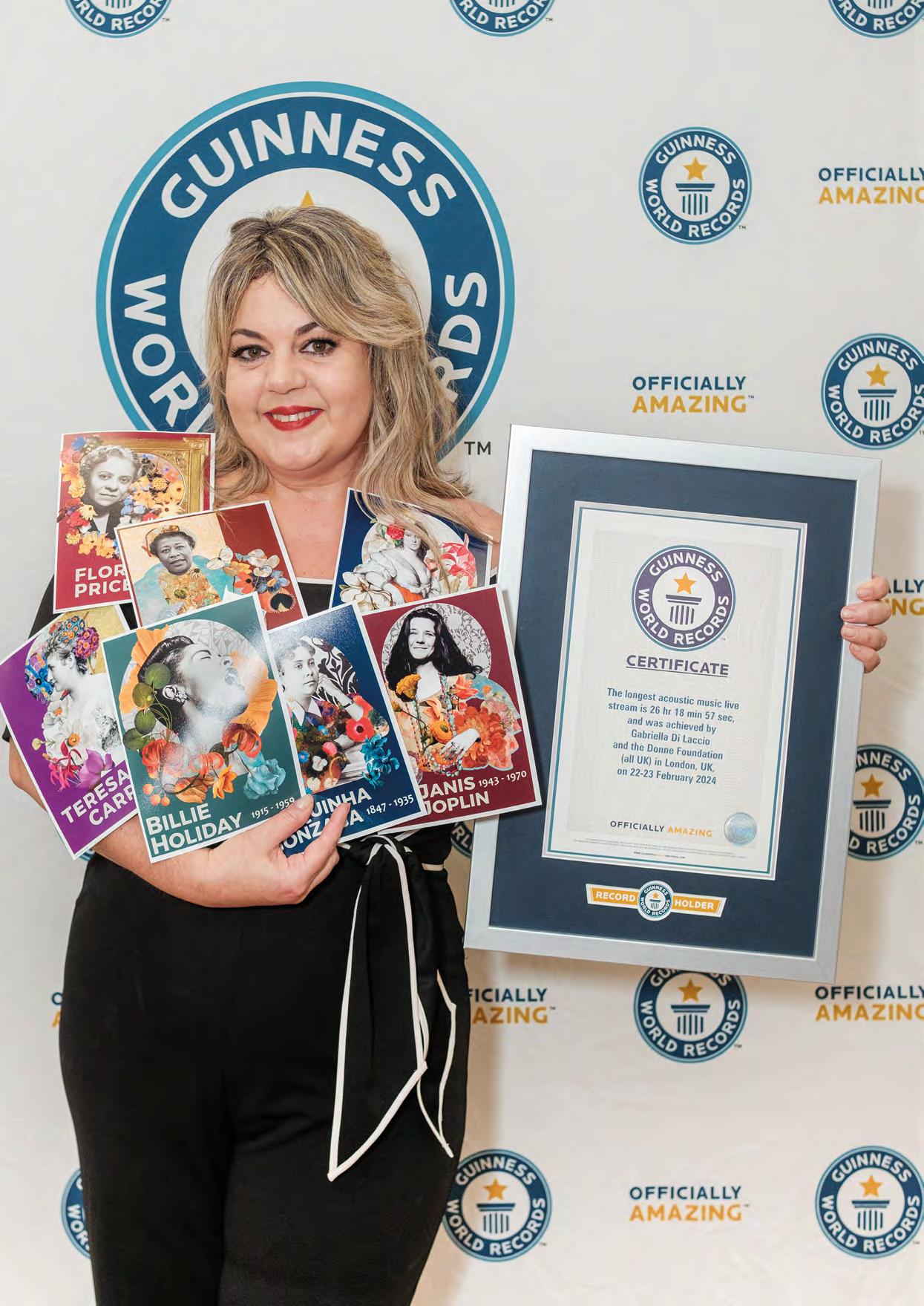
Here at the ISM, we understand the value of connections and the power of sharing experiences within the music community. Our Refer a Friend scheme is a fantastic way to make substantial savings on your membership whilst helping us to grow our ISM music network
As we embark on another exciting quarter, filled with music, creativity, and collaboration, we invite each of you to play a pivotal role in expanding our community and reaping the rewards of membership.
What is the Refer a Friend scheme?
Refer a Friend is an ISM incentive scheme that rewards members every time they refer a friend to the ISM. Once that friend successfully joins the ISM and quotes your unique ‘Refer a Friend code’ we will go ahead and discount your membership accordingly. Referring friends will guarantee you discounted ISM membership. Refer five or more friends in a year and we will give your next year’s membership free of charge.
does Refer a Friend work?
Save money on your membership.
• Get your unique ‘Refer a Friend code’ from the ‘Refer a Friend’ home page linked under the ‘Membership’ menu on the home screen.
• Complete the short online form and we will send you your code.
• Refer a friend to join the ISM and give them your unique Refer a Friend code.
• When your friend fills in their ISM application, advise them to select the ‘personal recommendation/ISM member’ option when completing the ‘How I heard about the ISM’ section of the application form.
• Once we have processed their application, we will contact your friend and ask them for your referral code.
• Once we have that code, we will add the discount to your next year’s membership renewal amount.
involved today!
Help us to grow our community, be rewarded for your loyalty, and together we can shape our ISM.
The value of your membership grade will dictate the corresponding discount value applied every time you refer a friend. The amounts will accumulate over the subscription year so… … THE MORE FRIENDS YOU REFER, THE
YOUR DISCOUNT WILL BE!


The ISM Trust launched its latest educational resource, Breaking the Singing Barrier, at the Music & Drama Education Expo in London last February. This free digital resource, devised in partnership with Voices Foundation, aims to equip teachers with tools and strategies to help students overcome obstacles to singing in schools. For many music teachers, facilitating singing can present unique challenges. From tackling vocal insecurities to fostering inclusivity, educators often lack resources to guide their students effectively. Recognising this need, the ISM Trust has developed Breaking the Singing Barrier as an empowering toolkit tailored to the needs of music teachers.
The resource comprises of four webinars and a series of 20 short videos, presented by singing experts and vocal practitioners. It offers a range of practical tips and pedagogical insights to foster vocal development in students of all ages and abilities. Whether teaching singing in early years or primary settings, or leading choirs in secondary schools, educators will discover adaptable strategies to nurture confident and expressive singers.
By equipping music teachers with this new resource, the ISM Trust aims to enrich music education and foster a lifelong love for music and singing amongst students. Breaking the Singing Barrier stands as a testament to the ISM Trust’s commitment to excellence in UK music education and inclusivity within schools.
The webinars provide a forum to explore and discuss a number of issues, including:
• SEND barriers to singing: addressing the diverse needs of students with Special Educational Needs and Disabilities (SEND), to access practical strategies for creating inclusive and supportive singing environments.
• Cultural barriers to singing: recognising the cultural diversity that exists within school communities, and explore the cultural and social influences that may impact students’ engagement with singing.
• Differing barriers between primary and secondary singing: discover strategies to aid progression, and explore challenges such as lack of teacher training, school culture, changing voices, and time.
• Psychological and personal barriers to singing: understand psychological barriers such as performance anxiety and self-doubt, and learn techniques to cultivate students’ confidence as singers.
The library of 20 short videos will enrich educators’ understanding of singing barriers and offer practical advice, covering:
• creating an inclusive singing environment
• progression and pathways
• creating a singing culture
• leading a school choir
ISM Chief Executive Deborah Annetts says: ‘Singing has many educational benefits. However children and young people often do not have the chance to experience the joy of singing fully due to a variety of barriers, from changing voices and performance anxiety to cultural expectations and accessibility. Our new resource Breaking the Singing Barrier will give teachers across the UK the tools to identify these obstacles and feel confident enough to take steps to overcome them.’
Access the resource: ism.org/btsb Voices Foundation: voices.org.uk
Are you looking for the next step in your music career? Would you consider owning and operating your own music school?
If so, Morningside School of Music’s team of music education and business experts can help make this happen. Morningside is one of Scotland’s busiest private music schools and it is franchising across the UK this year.
Learn more: morningsideschoolofmusic. co.uk/music-schoolfranchise-opportunities
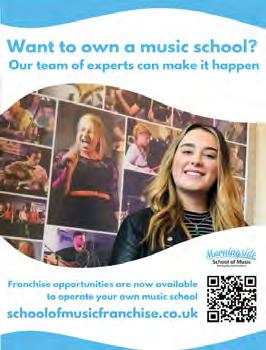
ISM member Karen Beer and her husband David have collaborated with Charles Blake, a 29-year-old non-verbal man with autism, to transform a heartfelt poem expressing his thoughts about how God has blessed him despite his challenges into a hymn performed during his confirmation service at St. Peter’s Church in Normanby le Wold, Lincolnshire. Charles communicates by pointing to letters on an alphabet board through a process known as RPM, which he learned in the last few years.

Join us for a free ISM Members’ Fund webinar on the importance of leaving a will, with musician specialist law firm Morrish Solicitors. We will cover what to leave in your will, how to appoint a professional advisor, a guide to tax free allowance and inheritance tax, ways to leave a legacy to charity, and how you should store and update your will.

For all community news, visit ism.org/professional-community
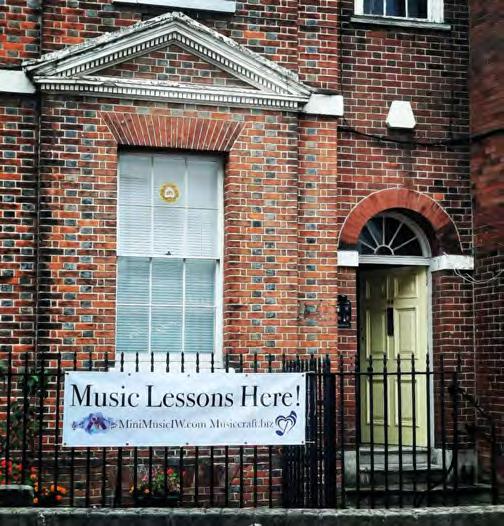
Music Craft CIC is a community project on the Isle of Wight that aims to make music affordable and accessible to all. Music Craft was established in 2013 as a private teaching business, but after the impact of COVID-19, founding director Marie Smith wanted to offer more to the wider community. Music Craft became a Community Interest Company (CIC) in 2021. Marie still teaches 1-1, with all proceeds going to the CIC. In 2022 Music Craft opened a community hub where it now works with five independent teachers, offering a variety of instrumental lessons. The building also has two wellequipped rehearsal rooms available to hire at affordable rates and there are regular groups, sessions and workshops for all ages, abilities and interests. The next stage of growth is to turn the currently empty workshop into an art studio. This will be available to hire.
Violinist and ISM member Elizabeth Jones has become the first wedding and events violinist in the far north Highlands of Scotland.
‘It is very exciting to be striking out in the solo violin realm of weddings and events, which seem to be sorely lacking in Caithness,’ says Elizabeth.
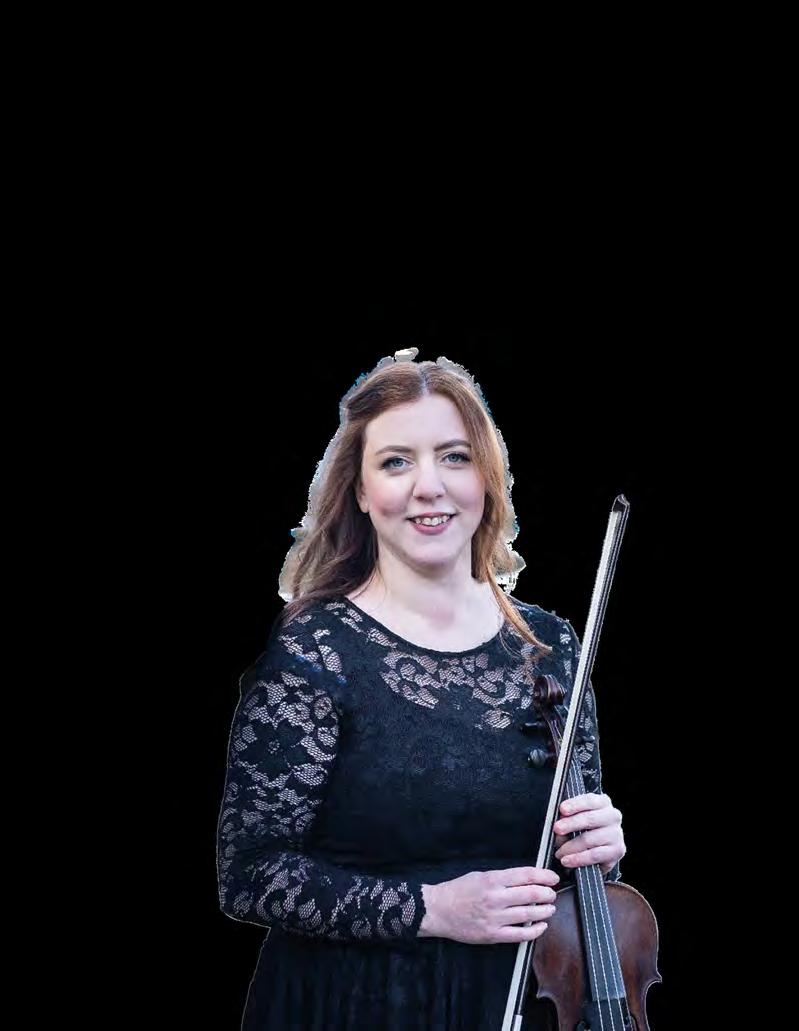
Having started to learn the violin at the age of eight, she worked her way up through all the Associated graded exams, and recently progressed further by passing two professional diploma exams in violin
Elizabeth joined the first violin section of the Scottish Fiddle Orchestra, then under the late Sir John Mason MBE, and has played all over the country as well as ‘fiddler on the beach’ for
‘Over recent years, I have entered the local Caithness Music Festival, with my daughter and with friends, and we have so far won a fair collection of trophies
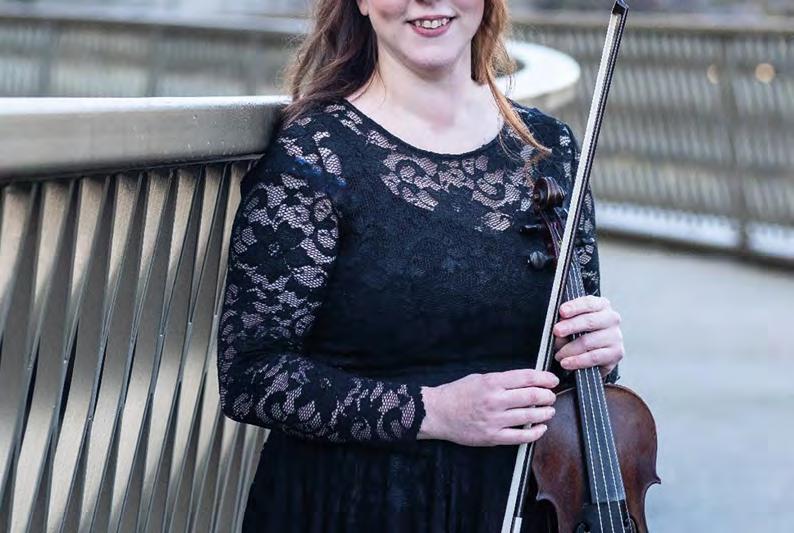

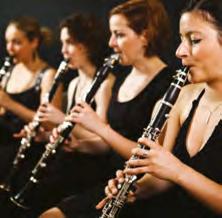



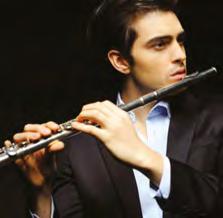
























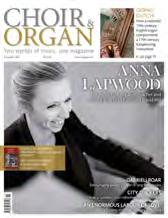











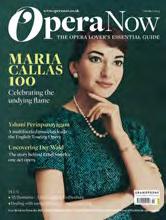















A network of established or advanced players and singers in South England to rehearse chamber music
Located in Guildford
The TEAHOUSE BAROQUE
is a private, non-commercial, cost-free network that brings established or advanced players and singers together to play compositions from the Baroque, Renaissance, and other periods.
The present groups include cantata ensembles, woodwind consorts, trios and quartets. Whether you are a professional, retired or very advanced musician, you can join an existing ensemble or help create a new chamber music group.
The ensembles are unsuitable for beginners. However, there is a preparatory circle for recorder players wishing to improve and gain experience before joining the recorder consort and other chamber music ensembles.
The rehearsals take place at a private venue near Guildford. The music library holds a comprehensive collection of around a thousand works. The project is an initiative of HSH Dr Donatus, Prince of Hohenzollern.
If you miss making music and can contribute to fine chamber music, please get in contact.
teahouse-baroque.uk
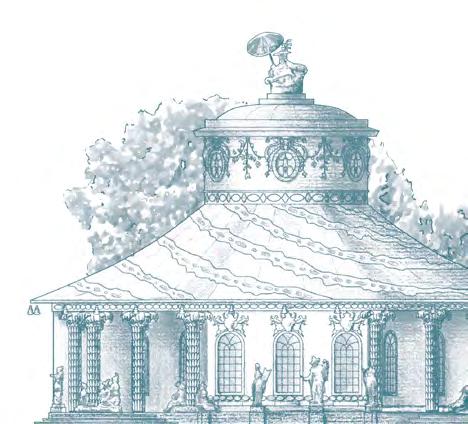






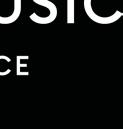
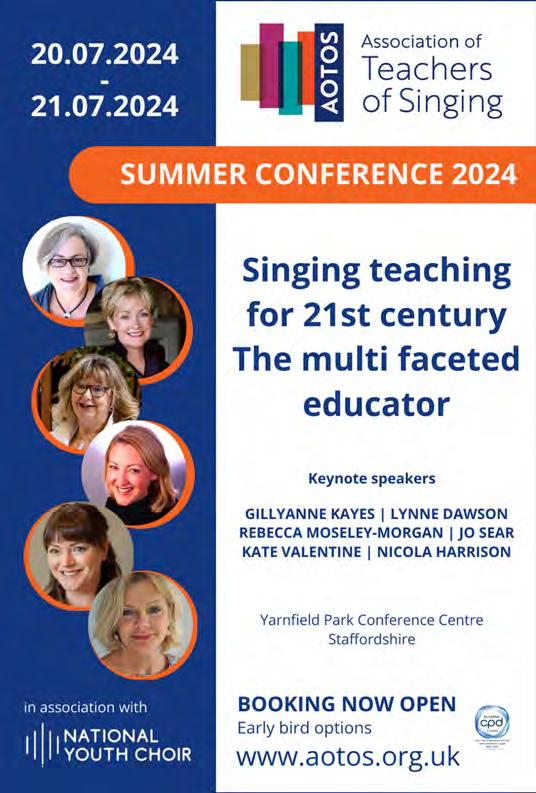


• A personal and expert team with in-depth knowledge of the musical world

• Cover for core risks such as fire, flood, loss, theft and accidental damage
• Reimbursement for any loss of value in the event of a claim
• Claims paid in cash, quickly

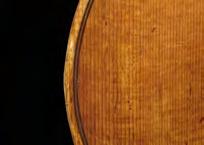

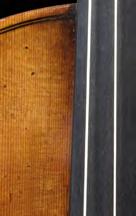

• Temporary cover for instruments on loan worth up to £50,000 for up to 60 days for free
• The option to add on Unattended Vehicle Cover and Climatic Conditions Cover
To qualify for the discount, use your exclusive promotion code ISM10 either when calling our team on 0208 256 4700 or submitting your details via www.larkmusic.com/ism/





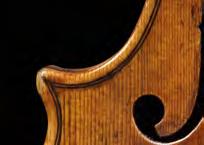


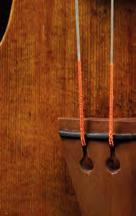
Pianist, flautist and singer Ricky Taing explains how discovering the ukulele at primary school in south-east London led him to a career in music
How did you originally get into music?
My earliest memories of music-making were from my primary school music education in Blackheath, southeast London: joining and leading my school’s Ukulele Club! I had very little formal music training until the age of ten, when I started having 15-minute piano lessons.
Following a period of study at The Mick Jagger Centre [in Dartford, Kent], and having joined every school ensemble possible, I was extremely grateful to receive a scholarship to study at Junior Trinity, where I had the opportunity to receive world-class tuition, which led to my being selected to play with the English Schools’ Orchestra and the National Youth Concert Band of Great Britain.
What has been the most rewarding project so far in your career and why?
Establishing the Music Society during my time based at King’s College London has got to be one of my greatest early-career highlights – as President leading an 18-person committee, I led a team newly-establishing the university string and wind orchestras, vocal consort and a series of advanced piano and composition workshops. We now have an exciting academic, performance and social partnership emerging with the Royal Academy of Music Students’ Union.


A rewarding personal highlight includes a random summer evening in 2023, when I was called by the BBC to appear on live radio the following morning, to discuss the flute uptake in relation to a study from the British Flute Society and from my position as a flautist and music educator. For this opportunity, I thank my once adjudicator, and great colleague and mentor, Nancy Litten – it came about as part of my ambassadorship with the Kent and Medway Young Musicians’ Trust.
What advice would you give someone wanting to succeed in the music industry?
Understanding one’s self-worth while navigating the multitude of opportunities available has always been difficult. There comes a time when each one of us has to choose the path that they recognise they are actually in demand for and truly enjoy, and follow that through to find true gratification; for me, it’s through navigating a portfolio career as a performing musician, educator and keen volunteer! It is key to avoiding burnout, which happens all too often.
What or who inspires you?
I would be far from the character I am today if it were not for the support of my former lecturer and great mentor Dr Joseph Fort, who supported me through my growth as a choral scholar at King’s College London. I joined King’s as a principal-study flautist
but found myself invested in the richness and vastness of the Anglican choral tradition, through his inspiring pedagogy and vast expertise.
He epitomises the importance of holding a well-rounded understanding of the academic and performative aspects of music and I have learnt so much from him, as I now follow a freelance position as a portfolio musician. Two years ago, I was appointed Assistant Director of Music at Brixton Unitarians, Effra Road Chapel, in which I established and now curate a thriving concert series for new and emerging artists based in London.
Finally, what does your ISM membership mean to you?
It was incredibly inspiring to attend the ISM Members’ Day and AGM, gathering with friends and colleagues, yet also making many new connections, each with such fascinating musical identities. It is also immensely empowering being part of a historic Society that has achieved so much and is yet continuing to ensure that in these uncertain times we can continue to shape a bright future ahead for music, and for the arts overall.
rickytaing.co.uk